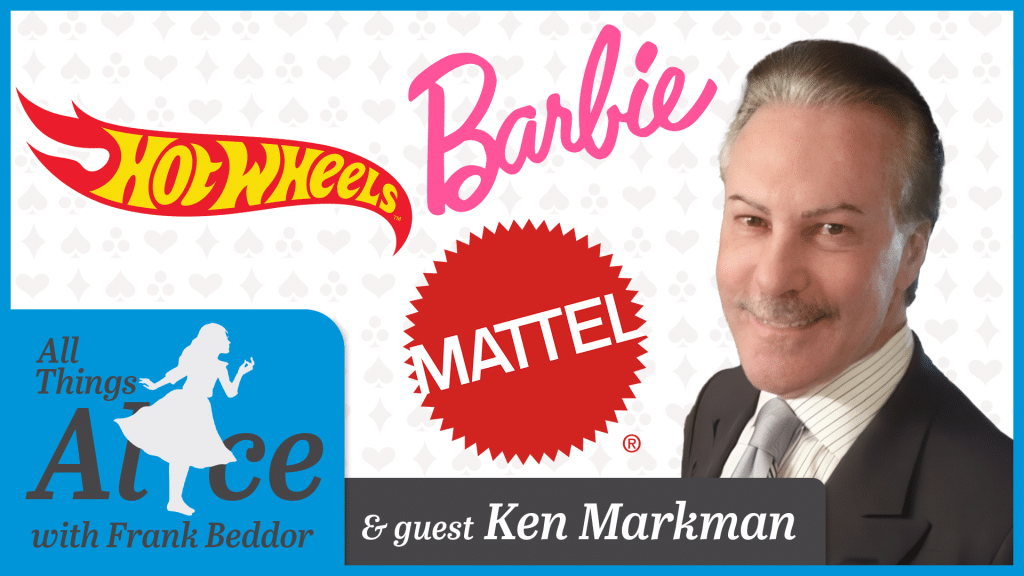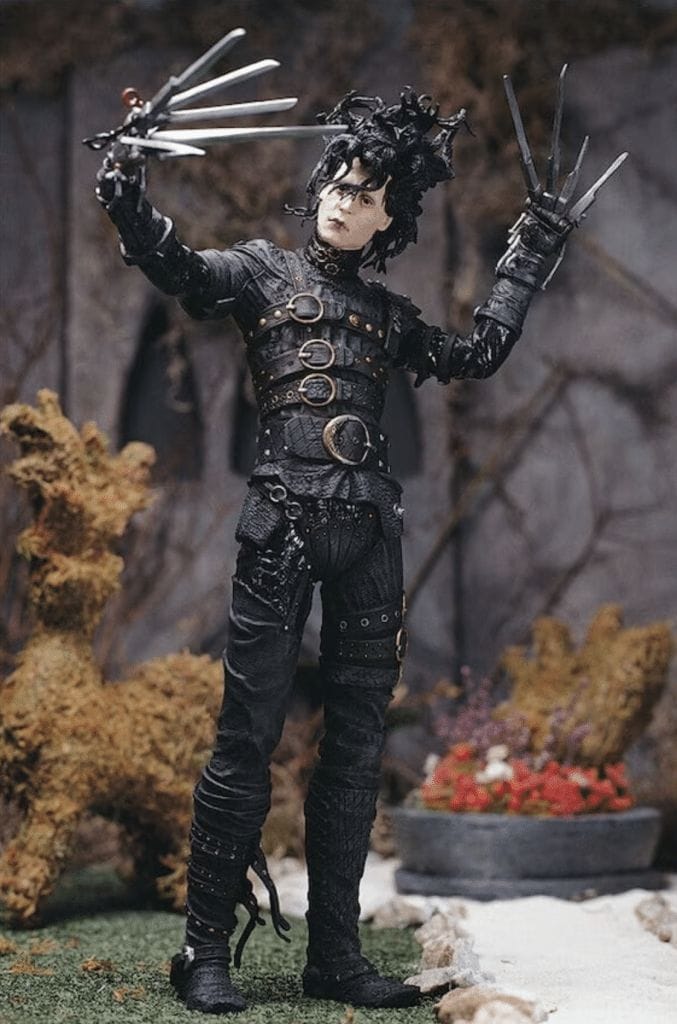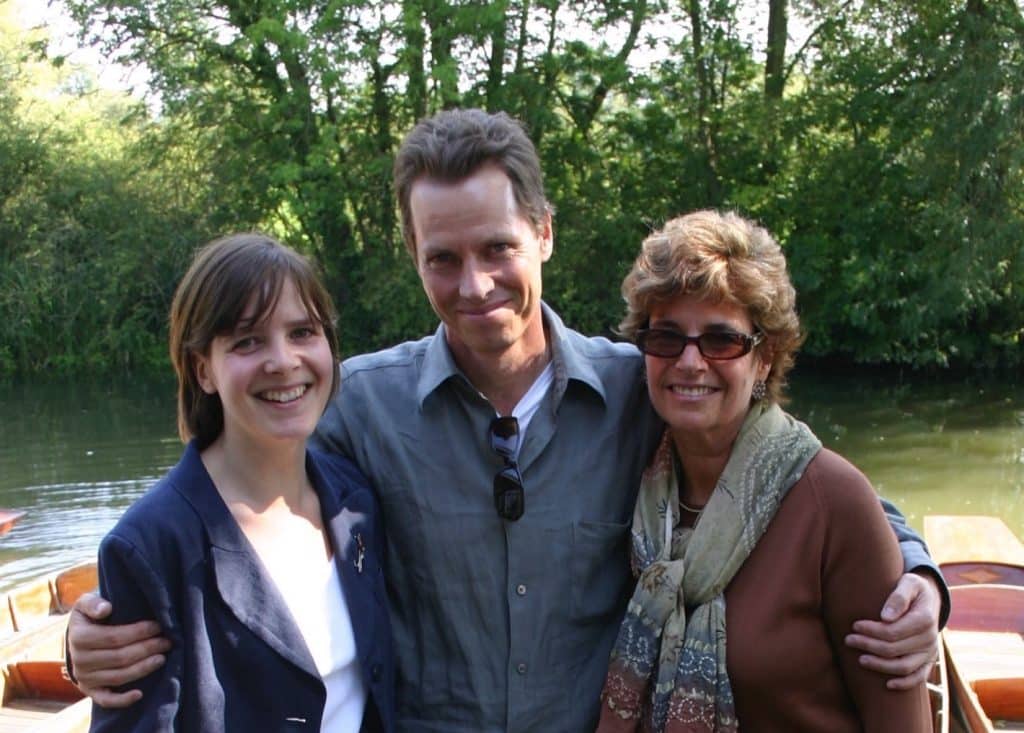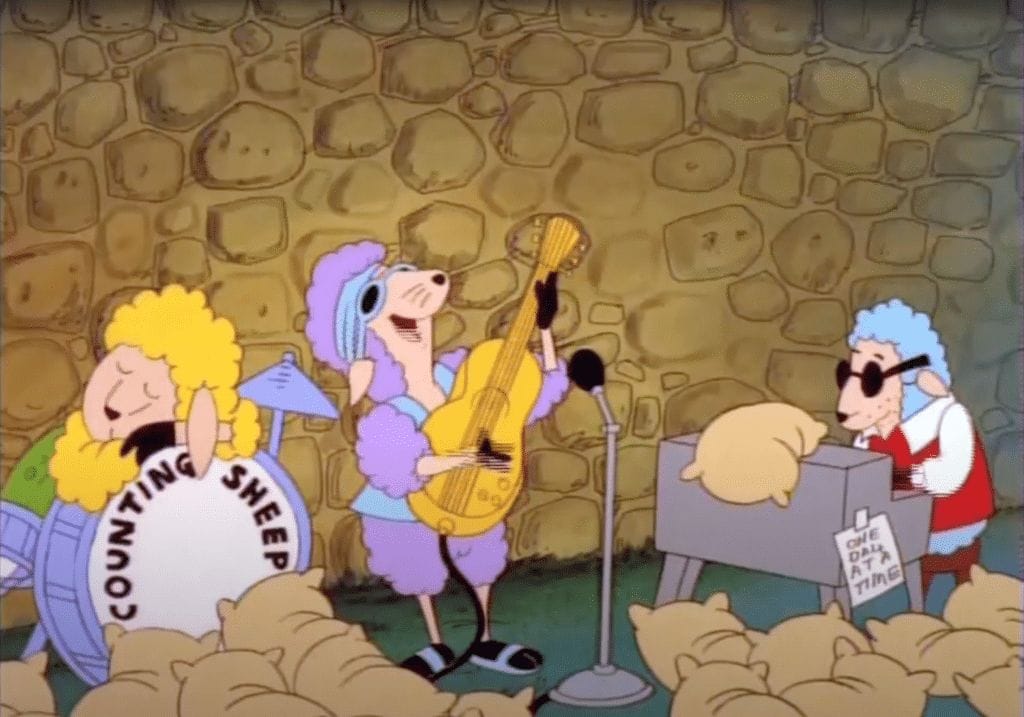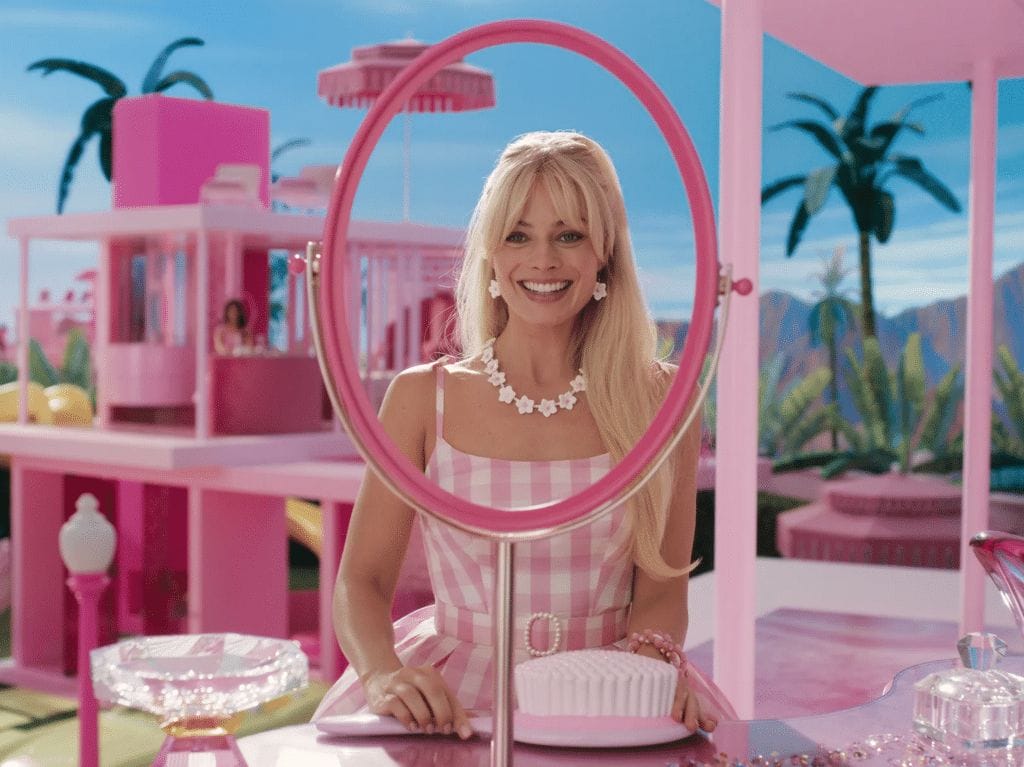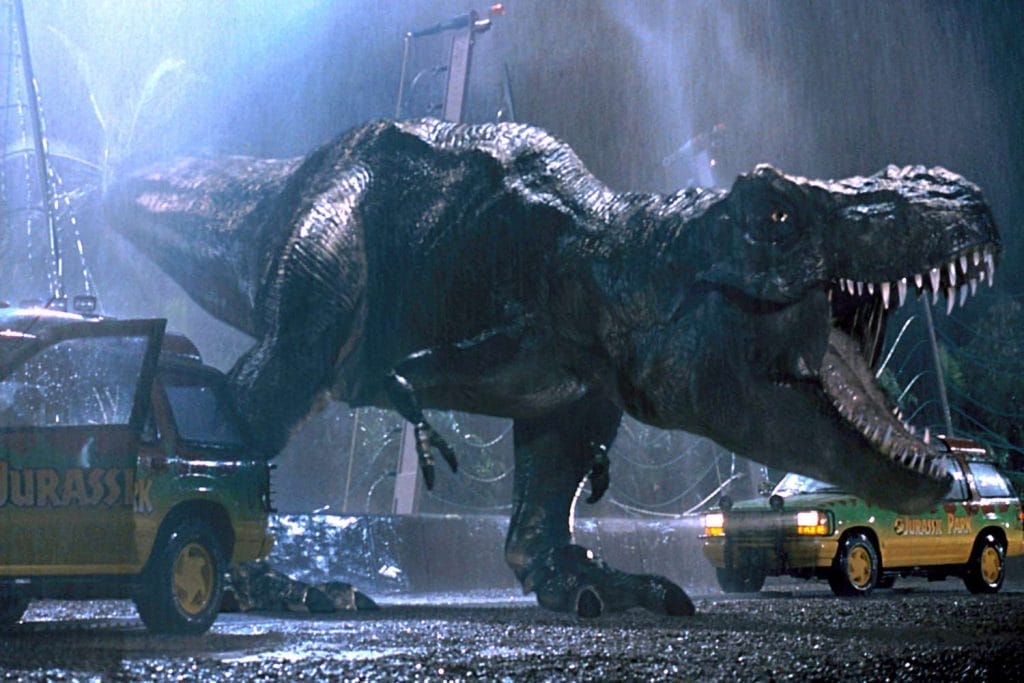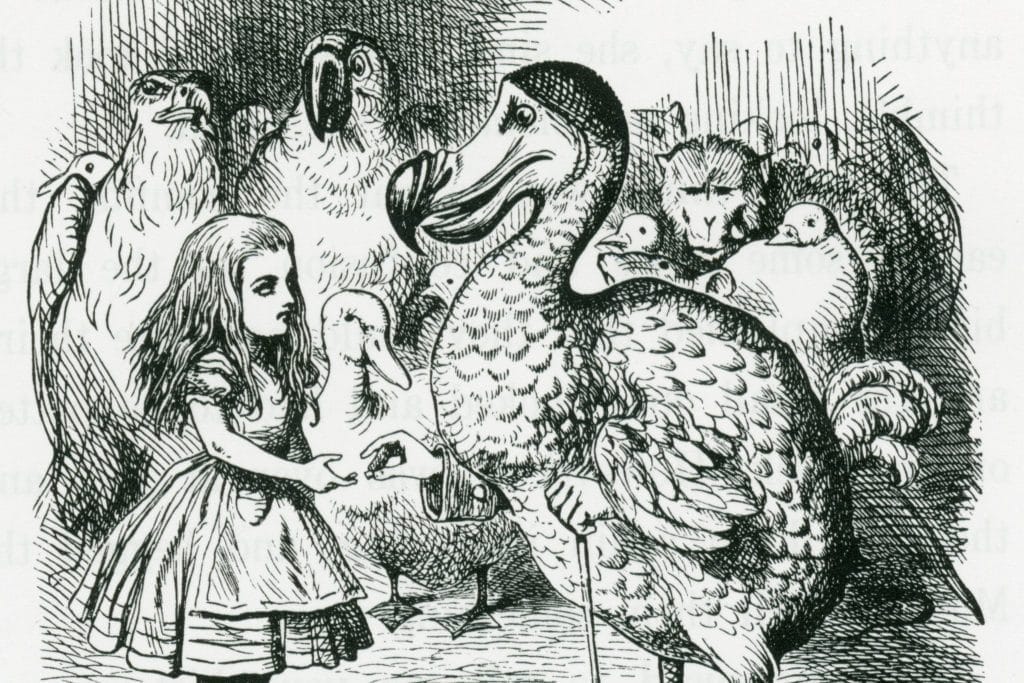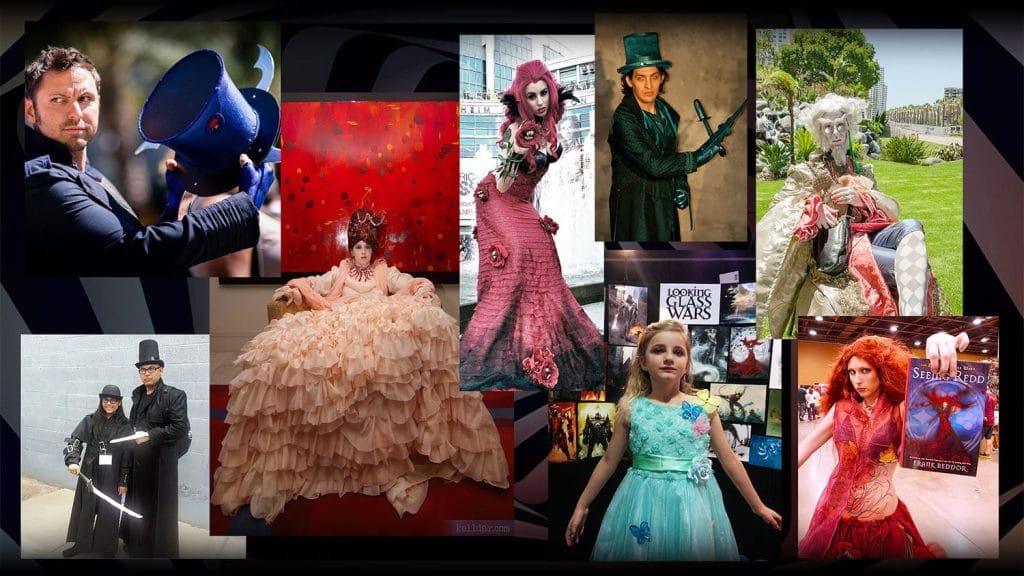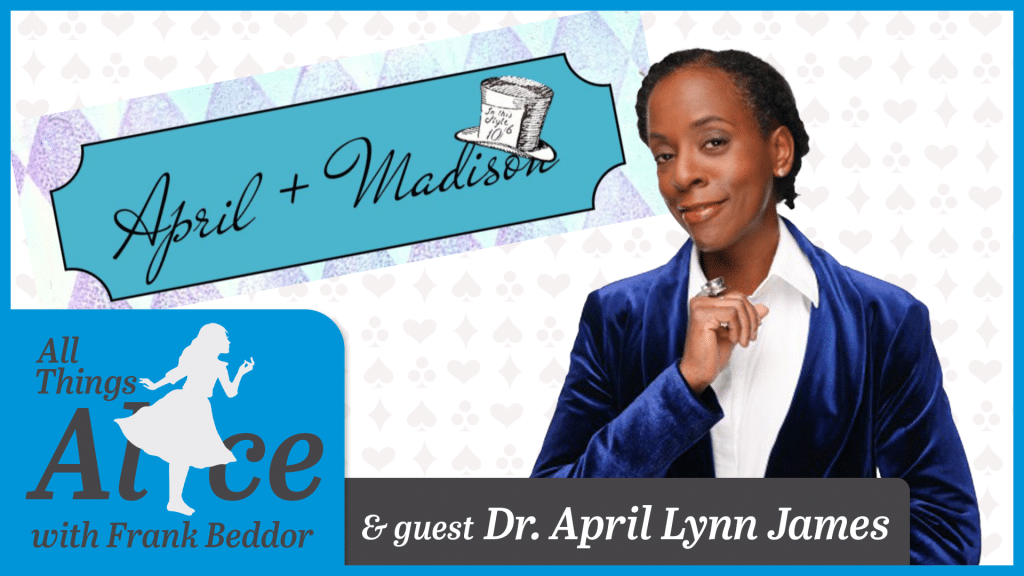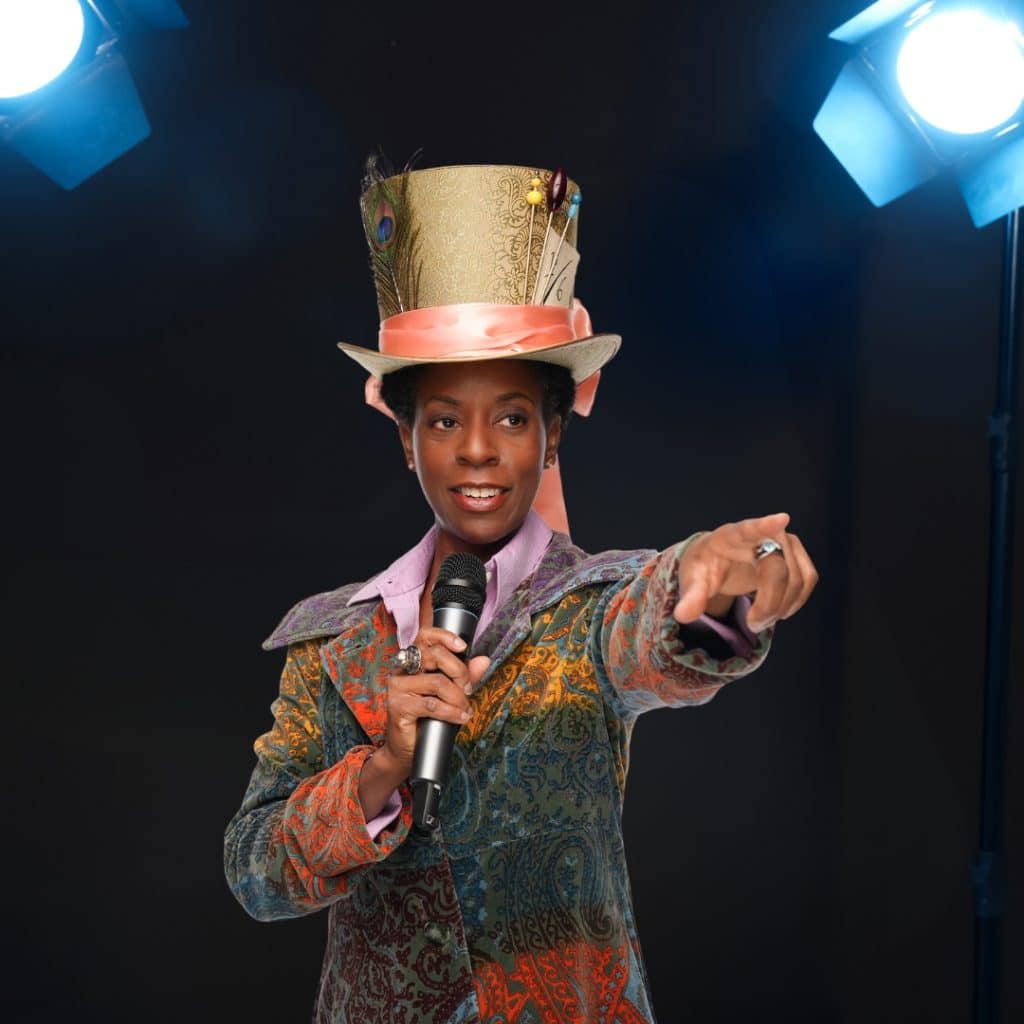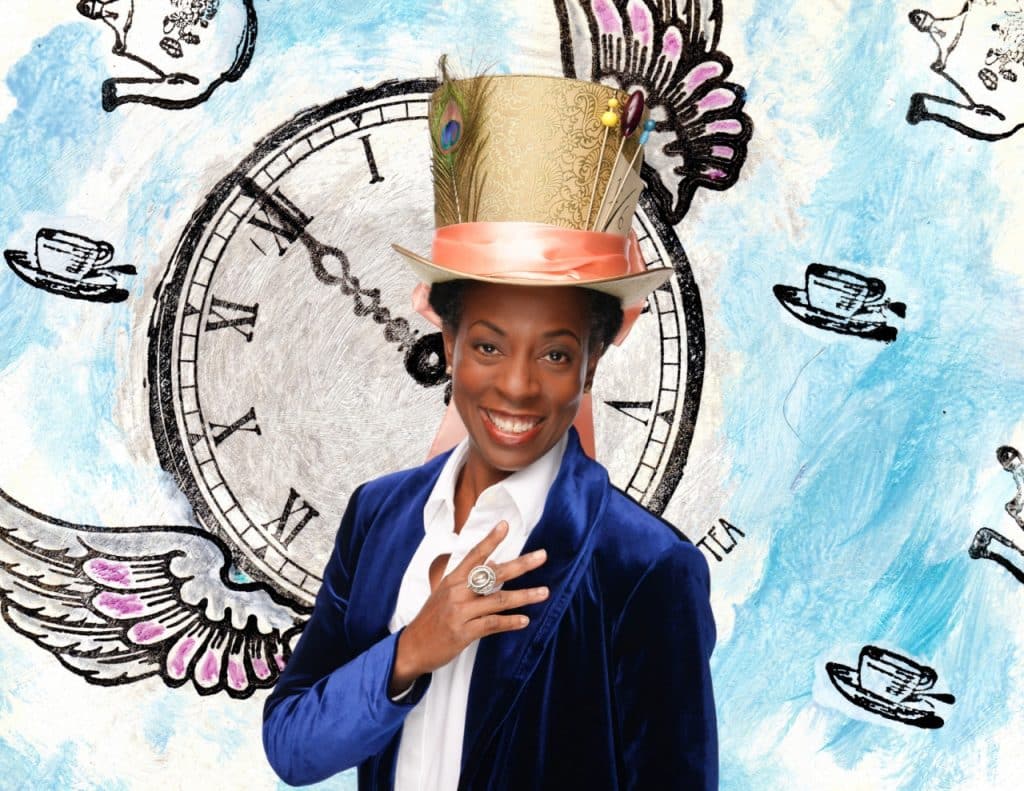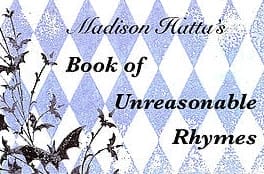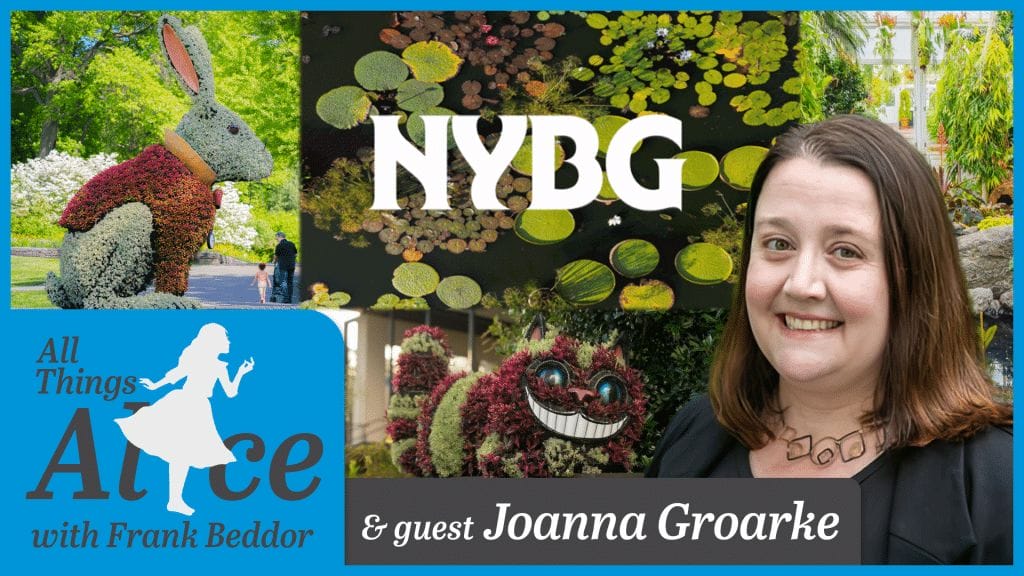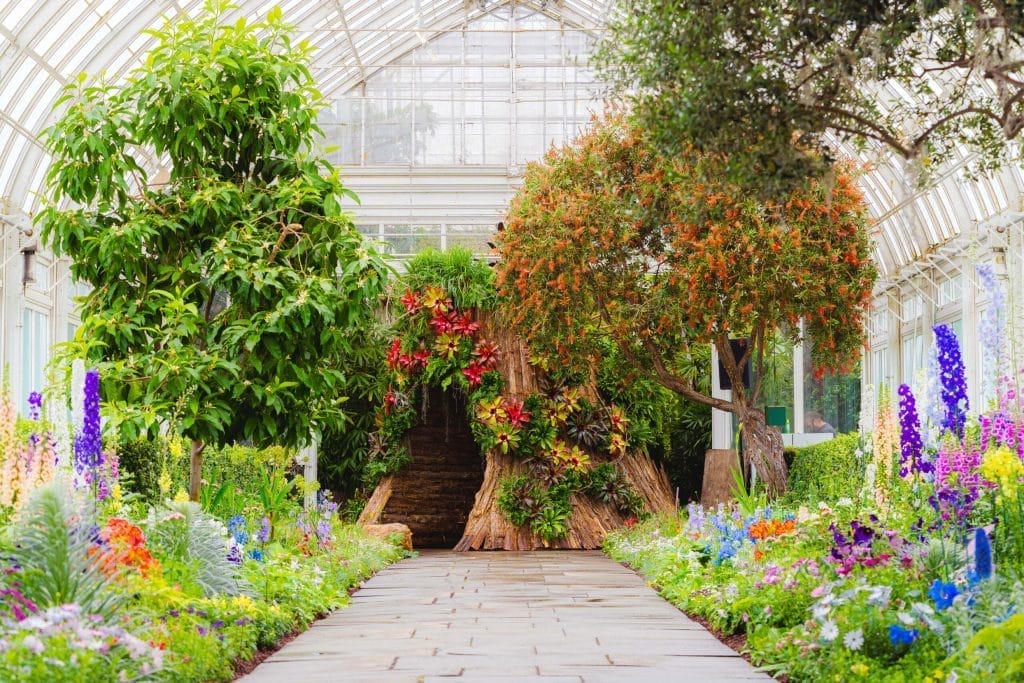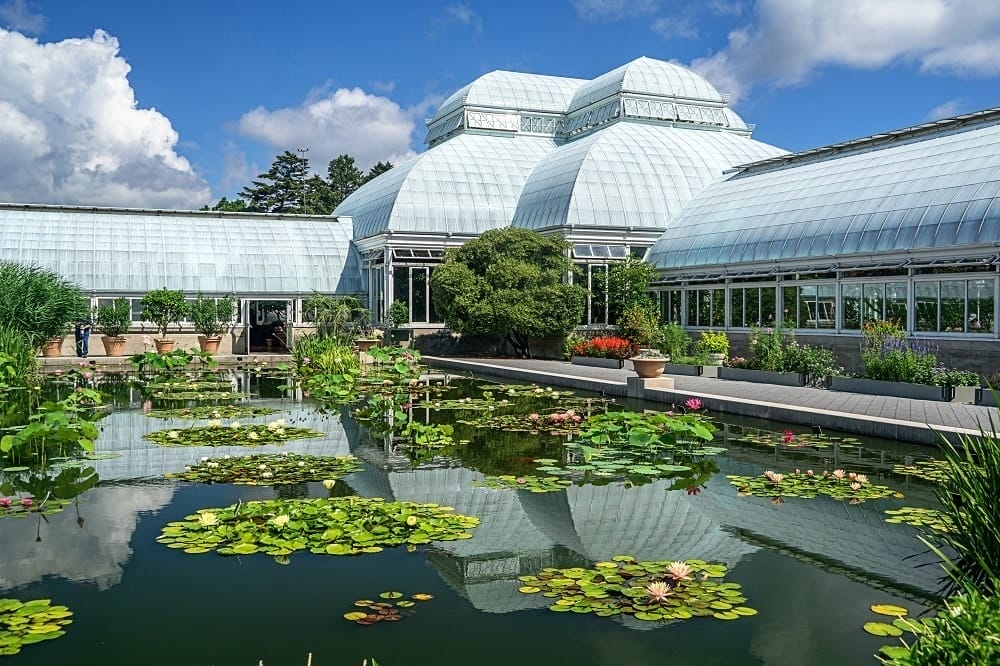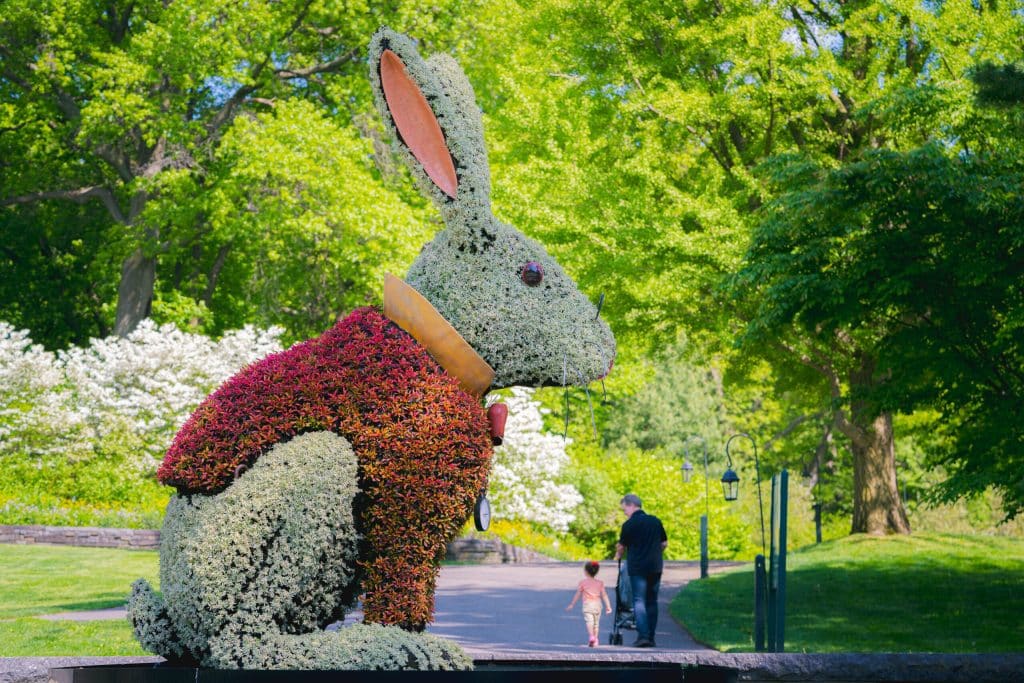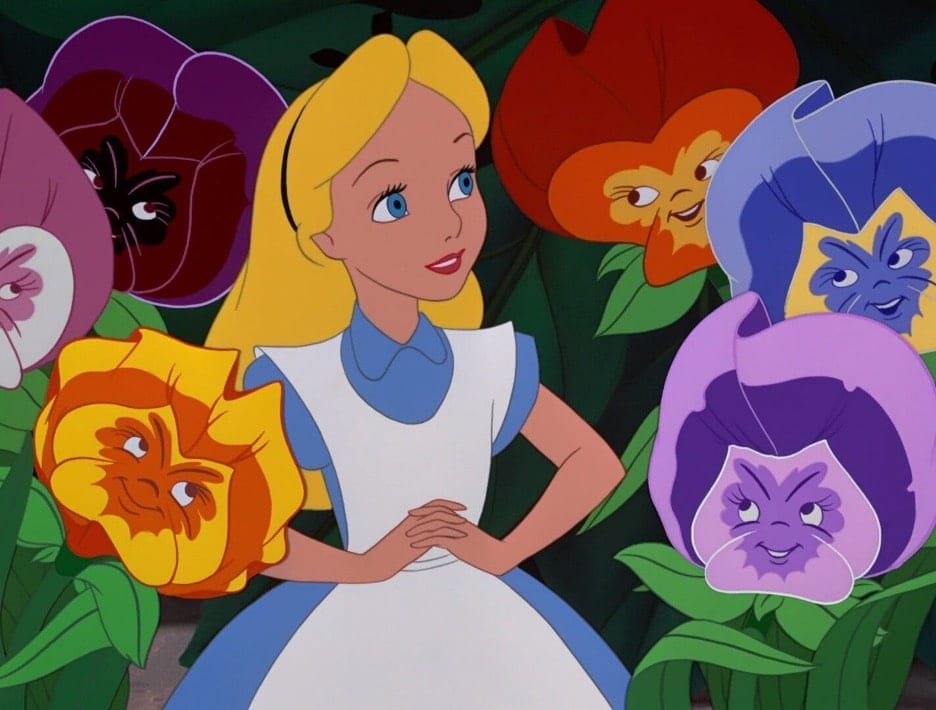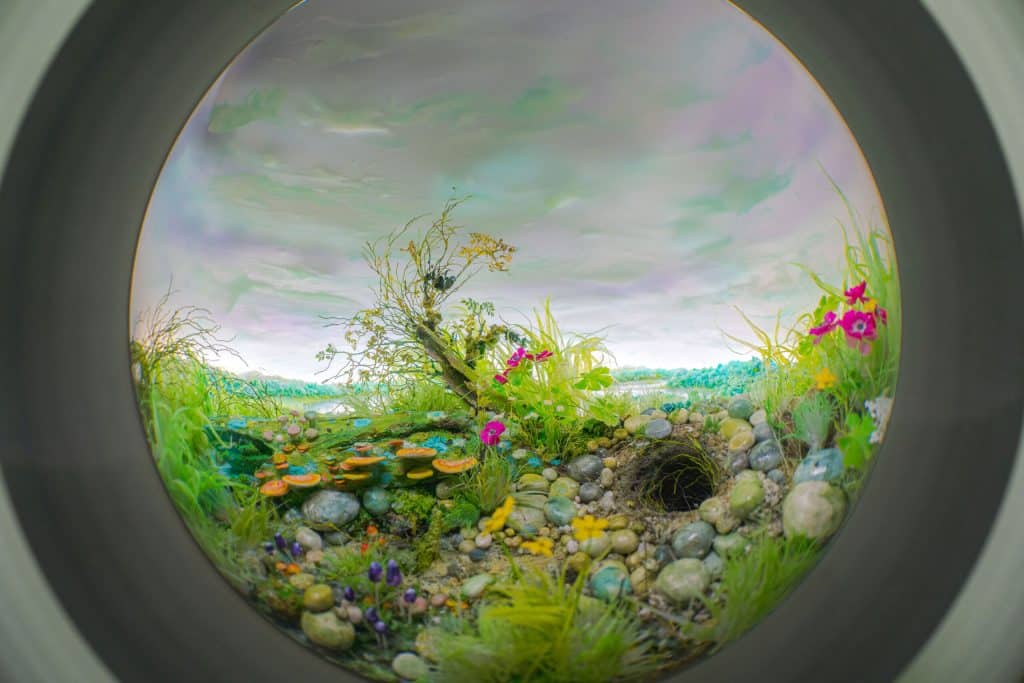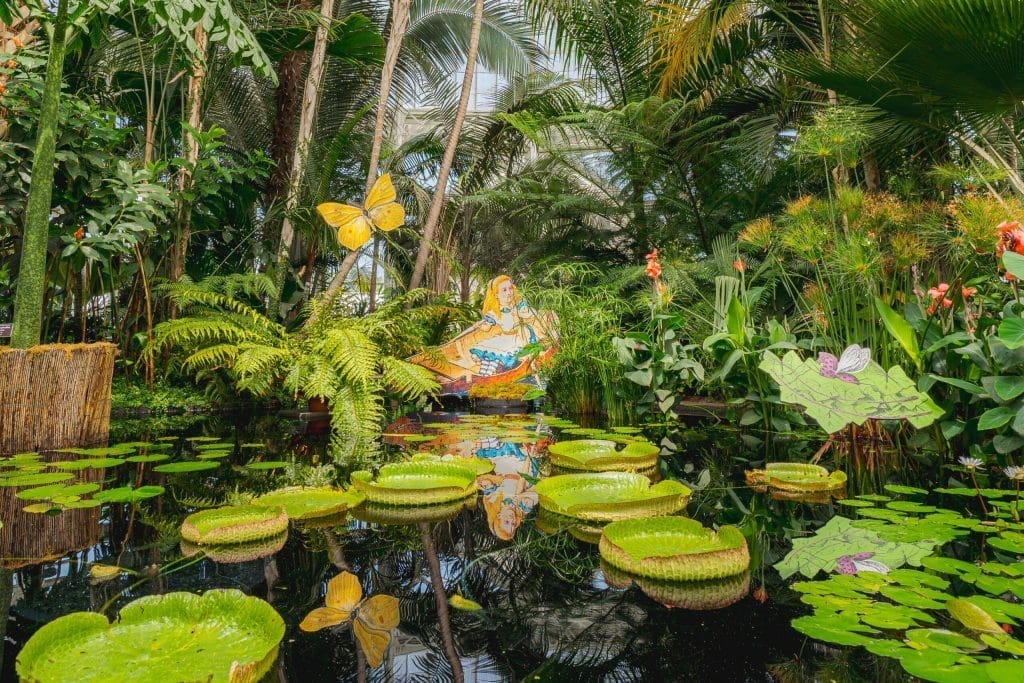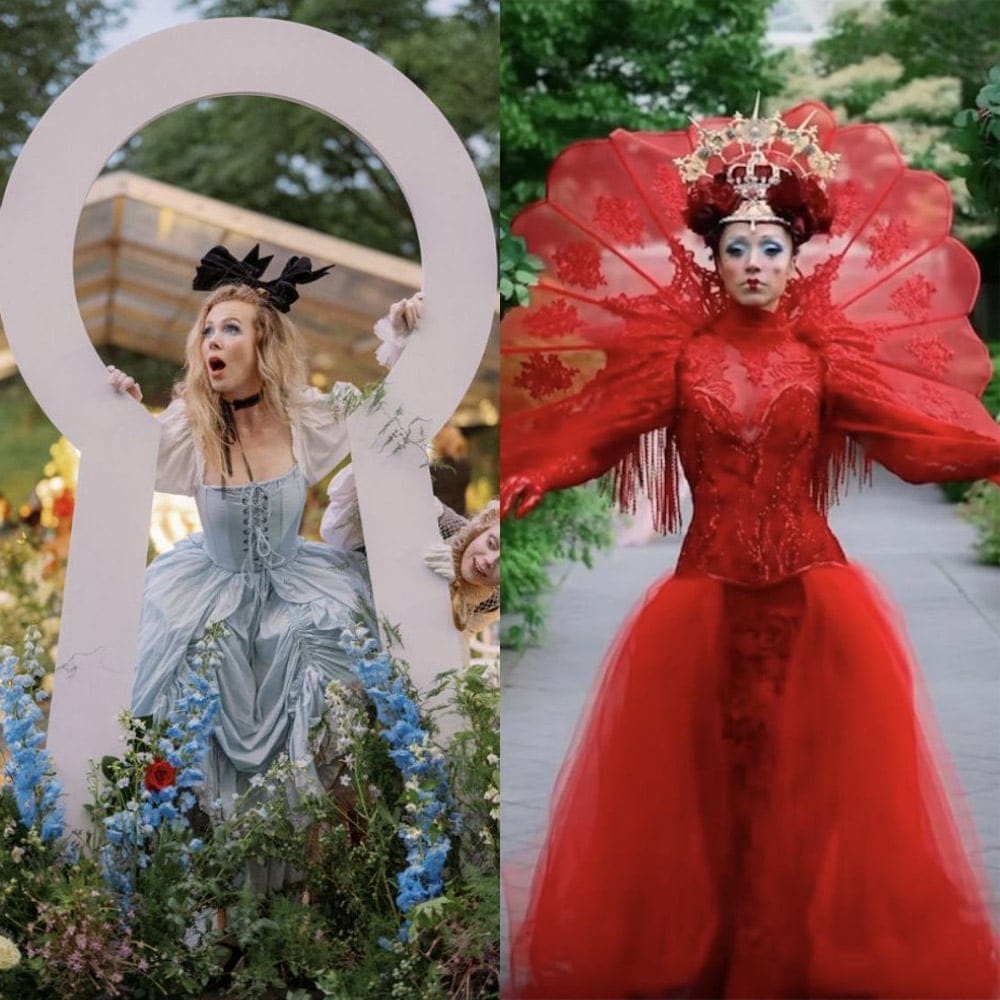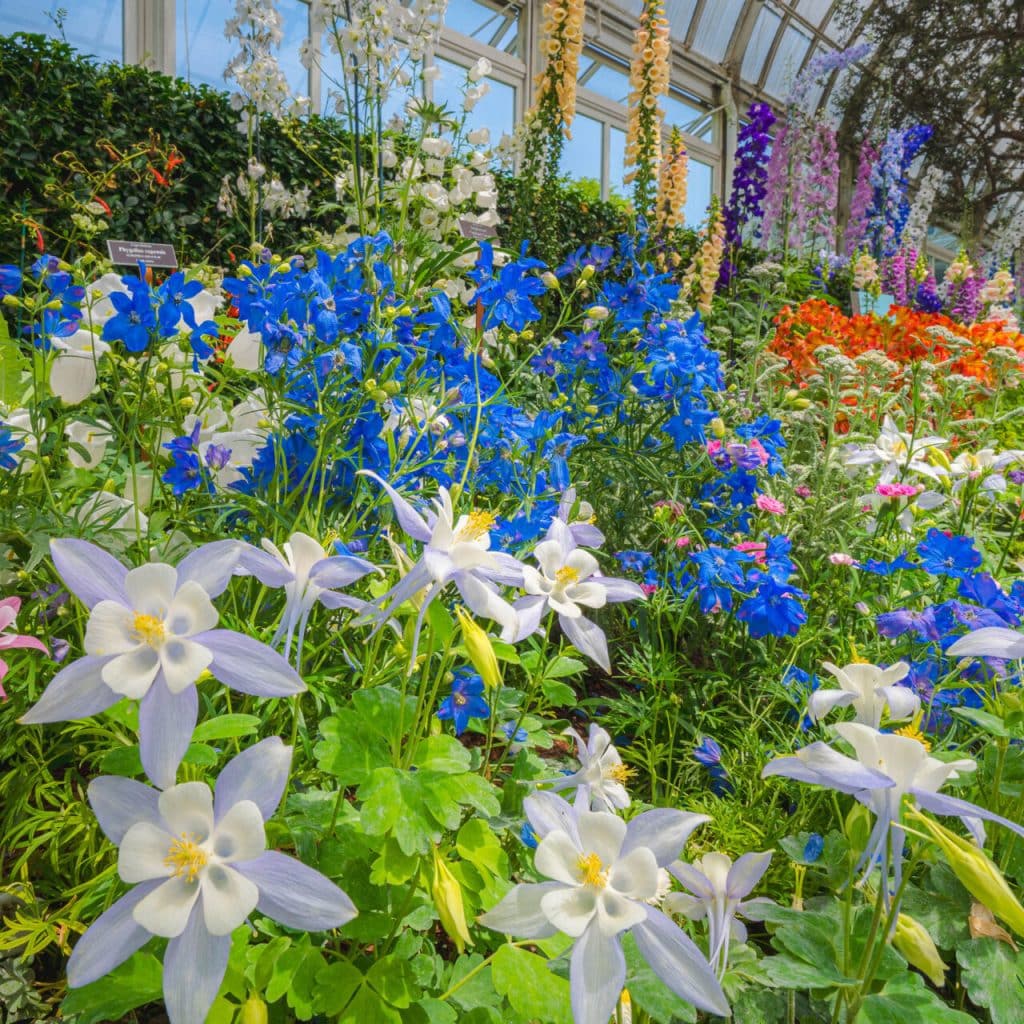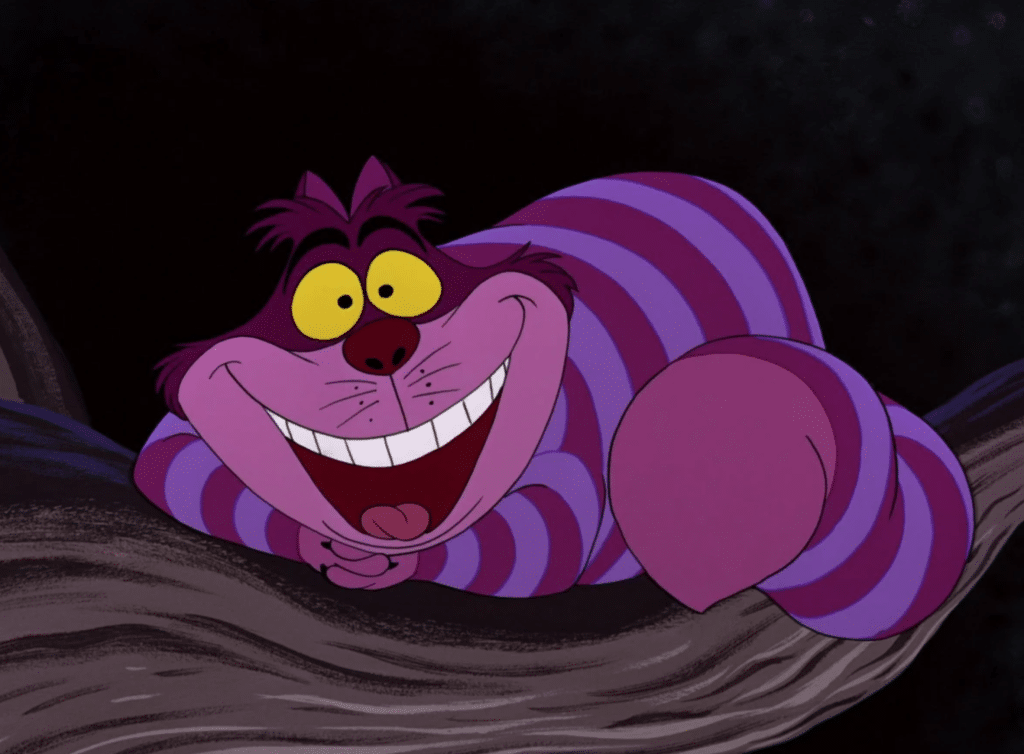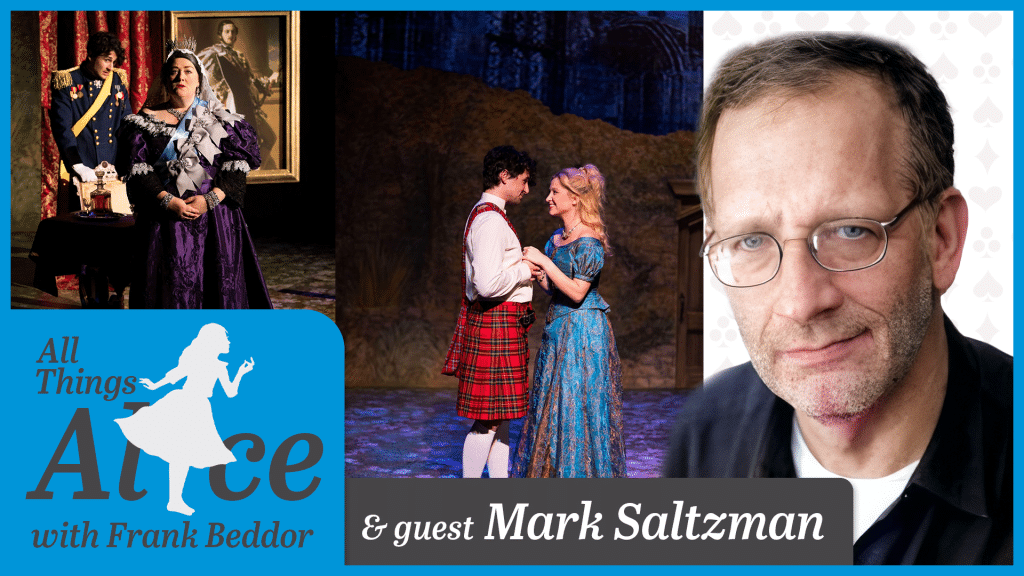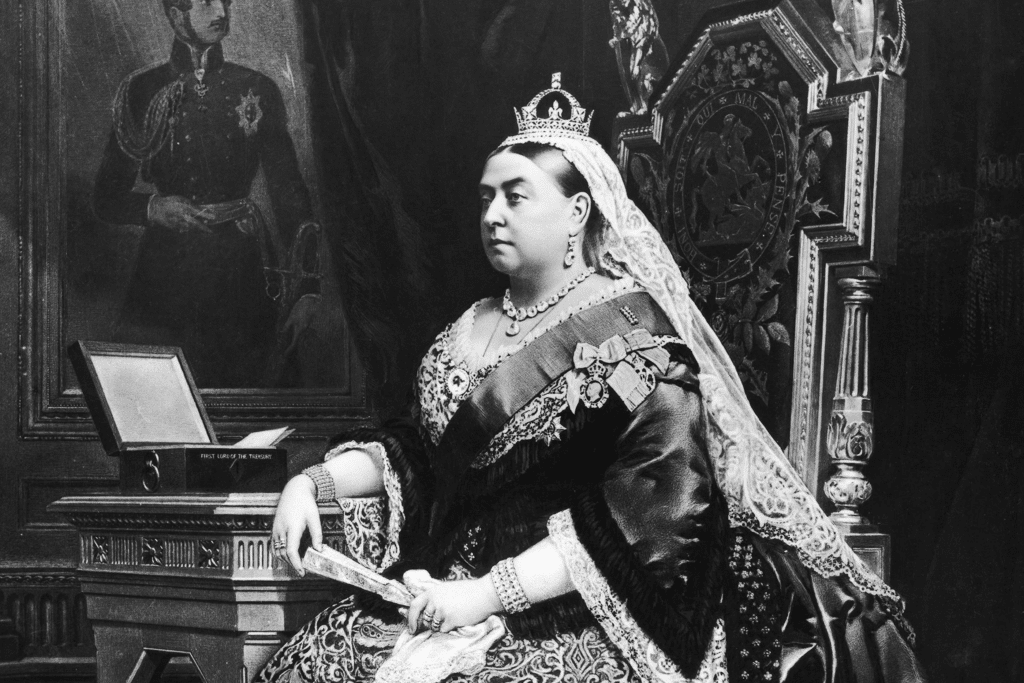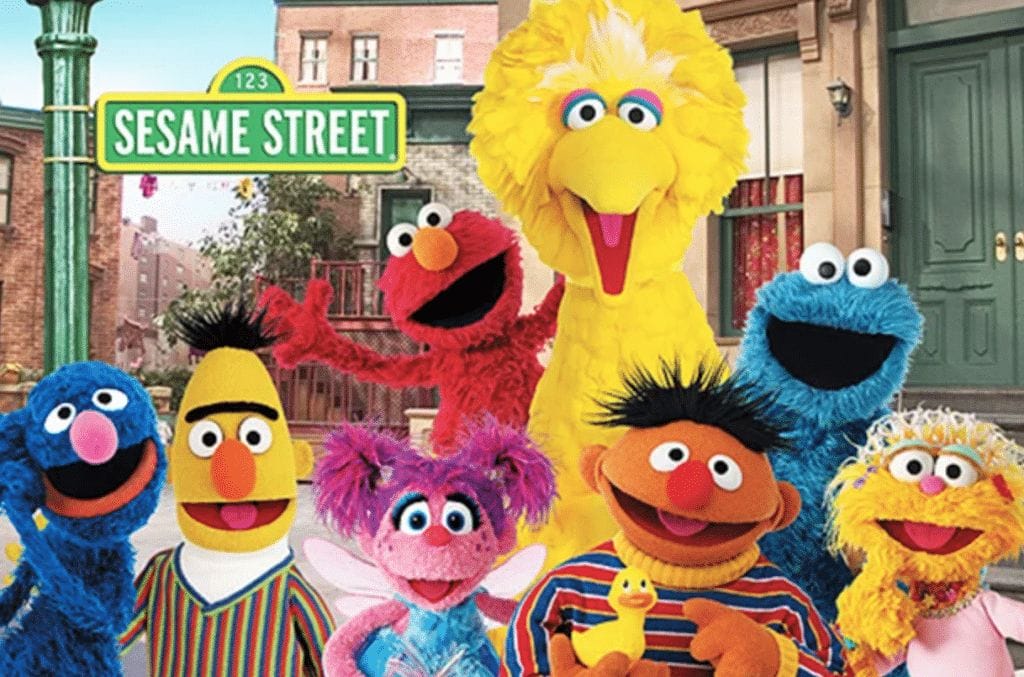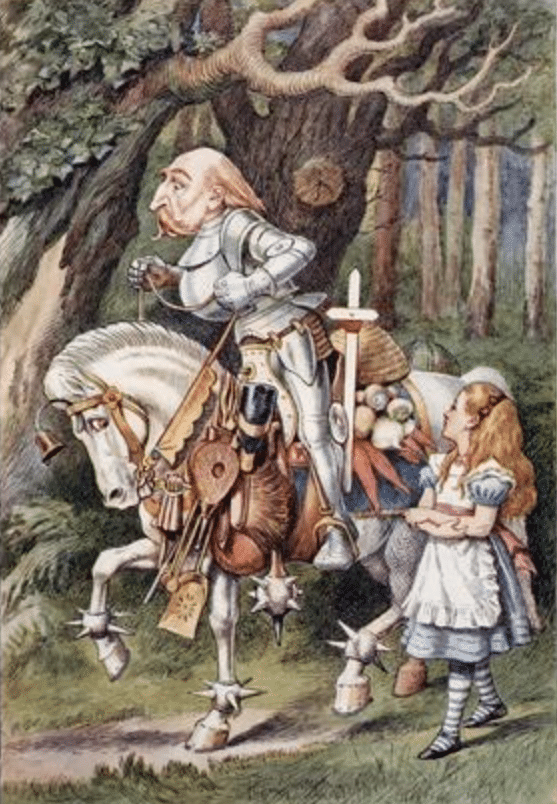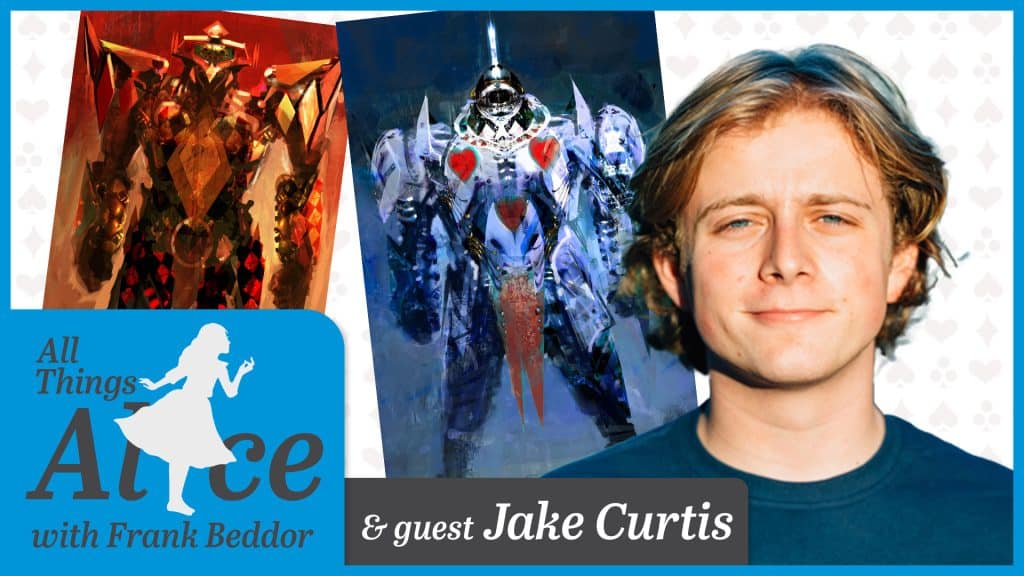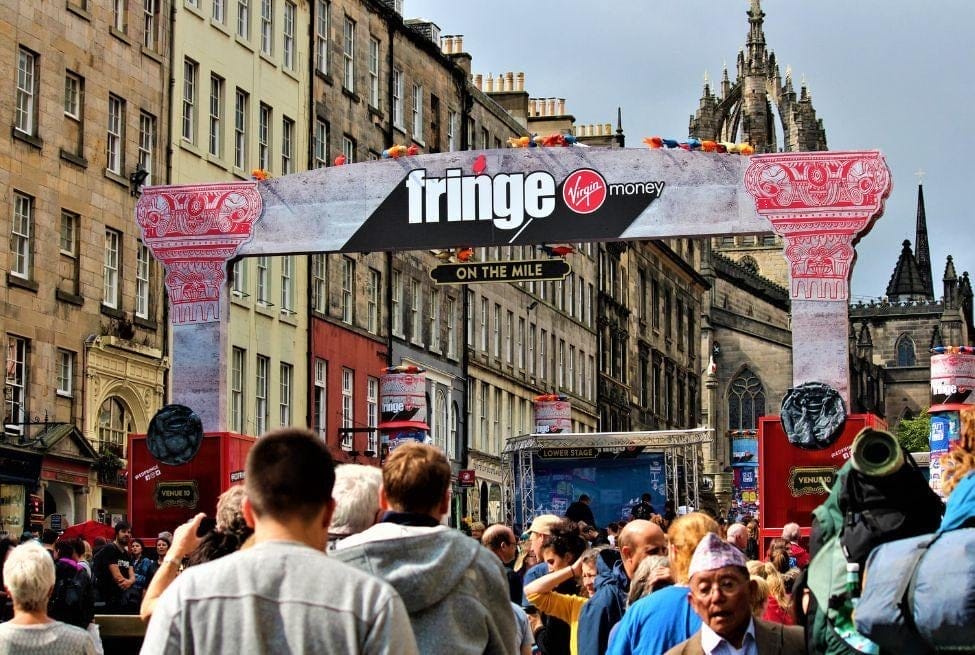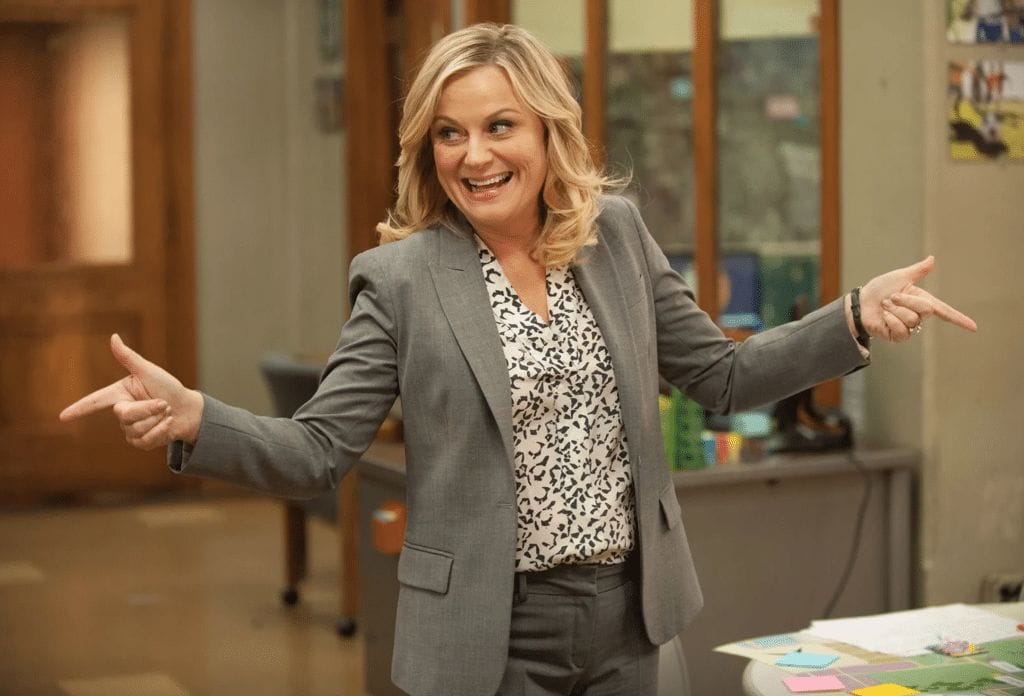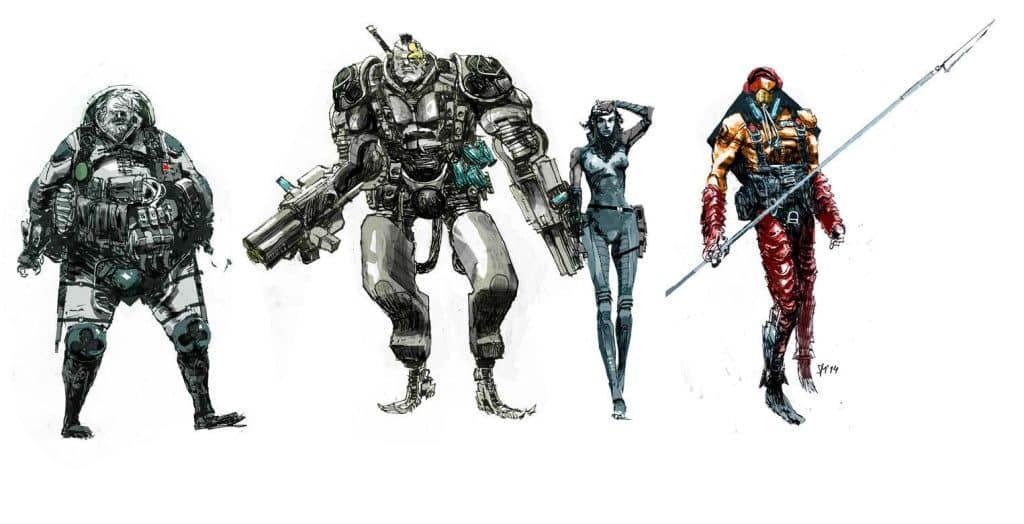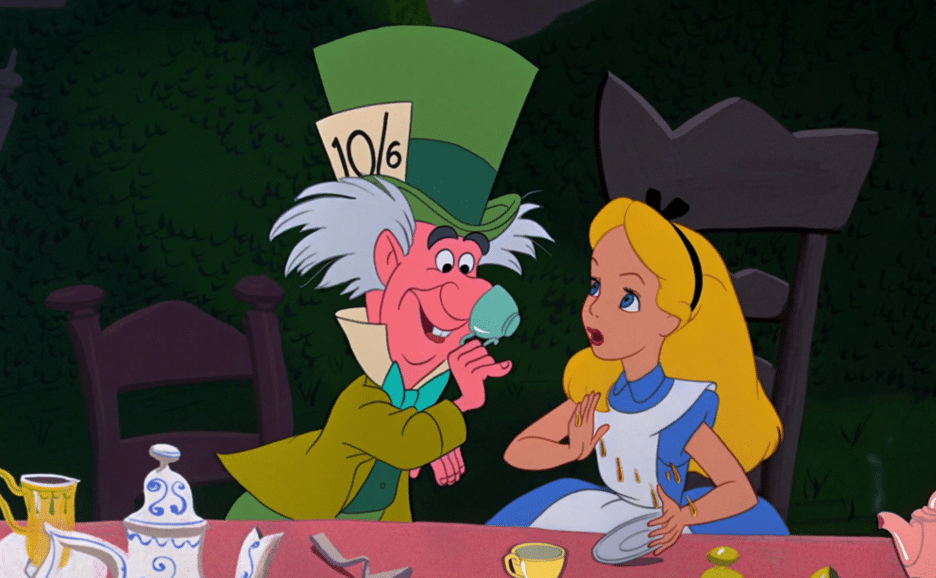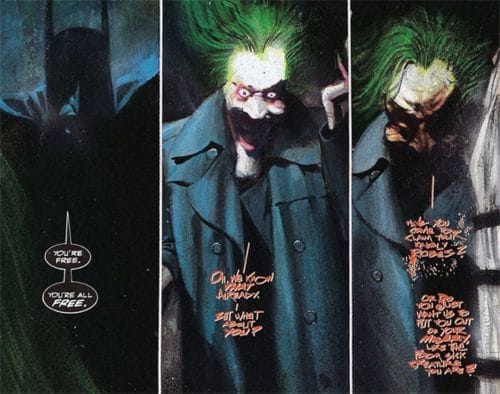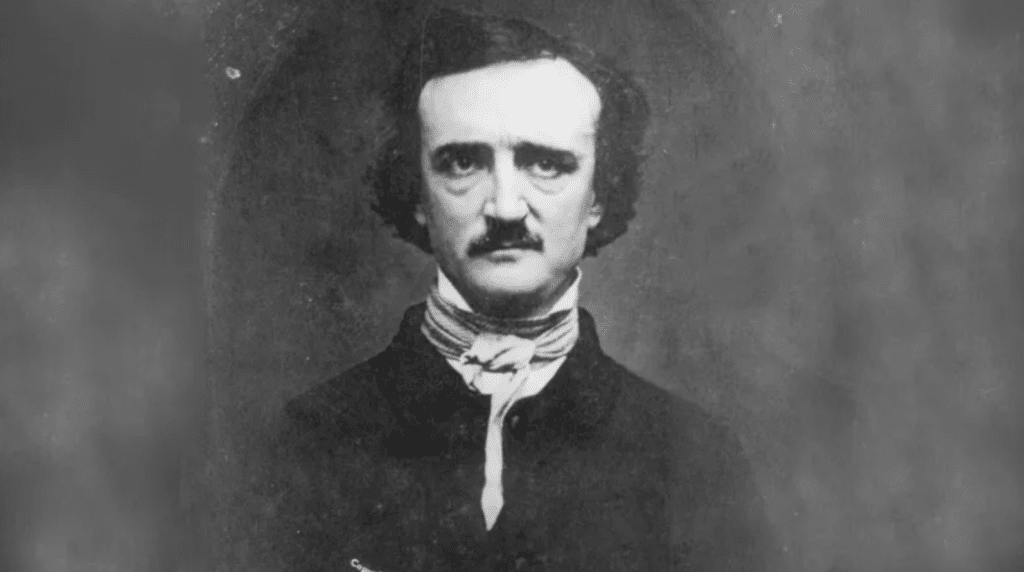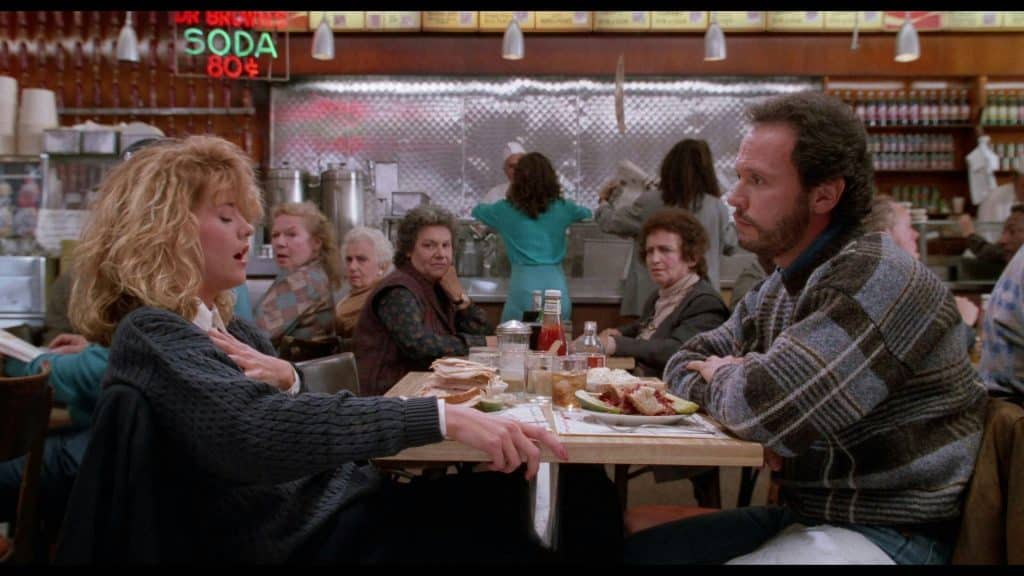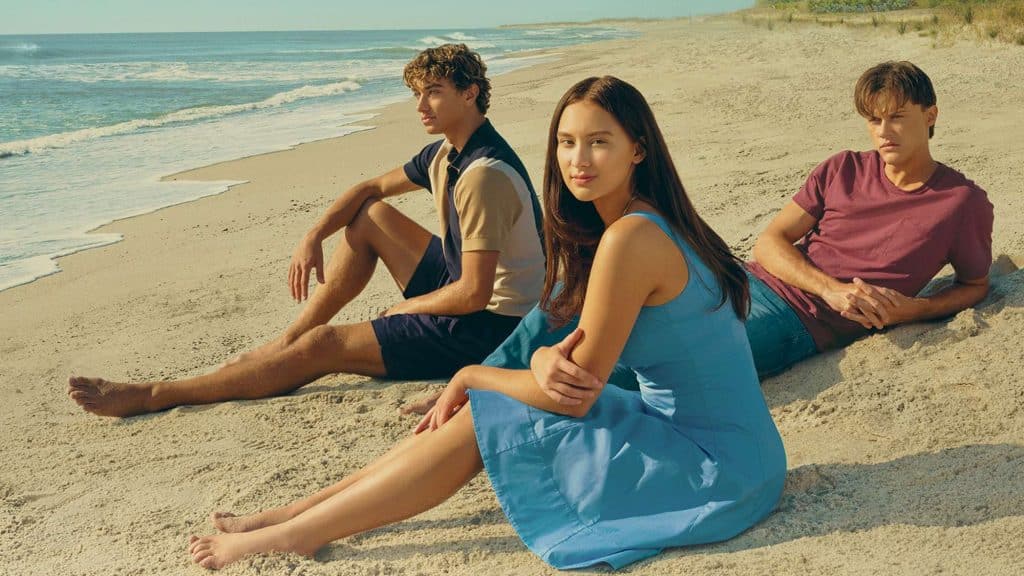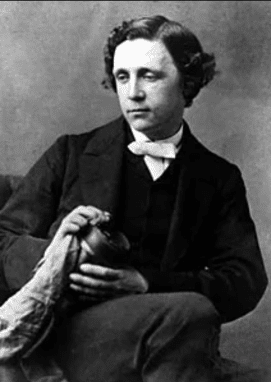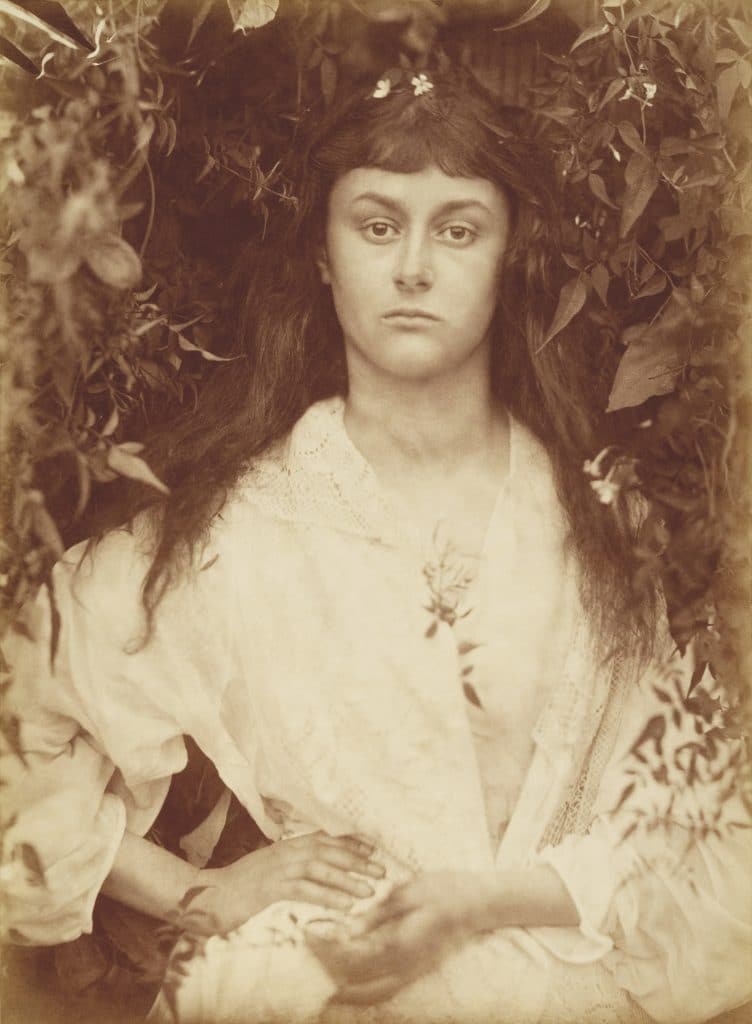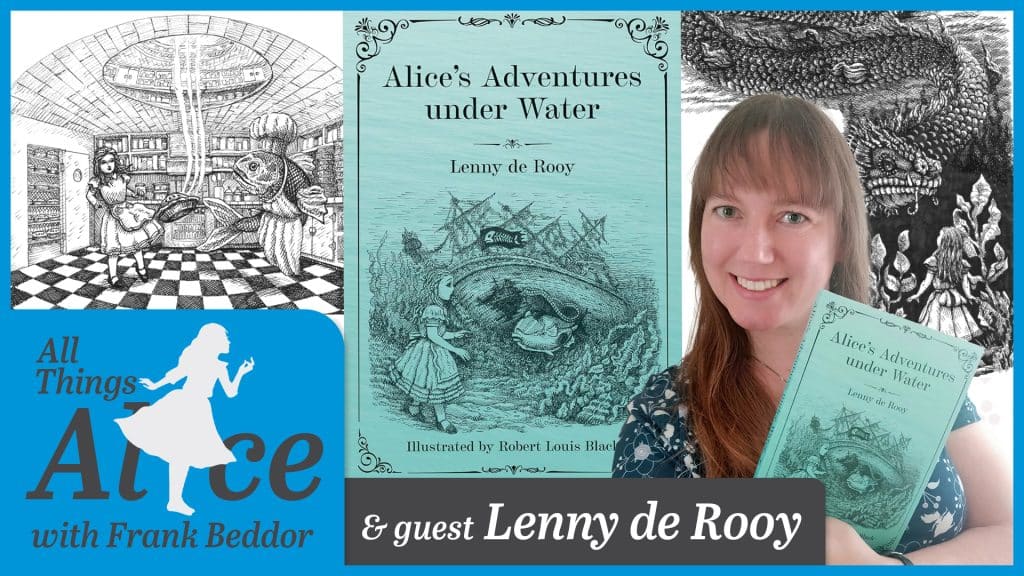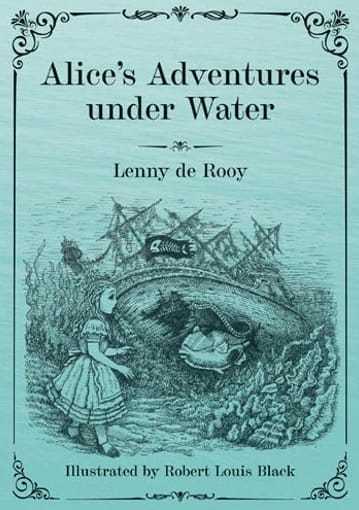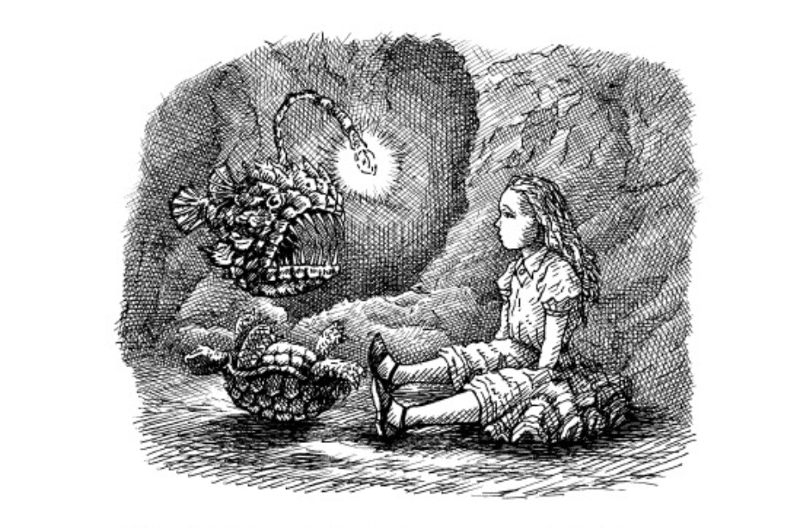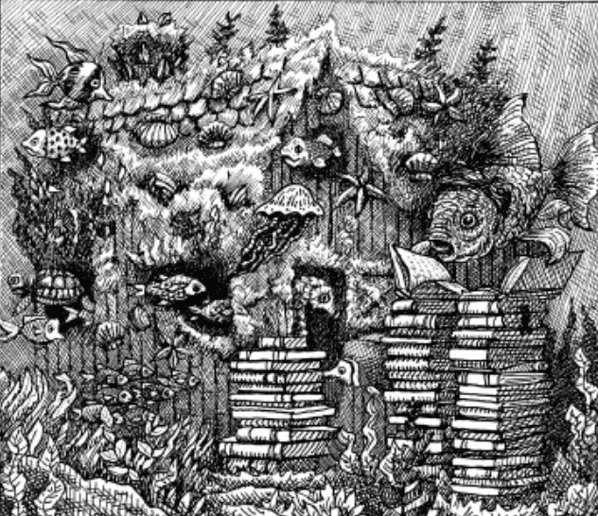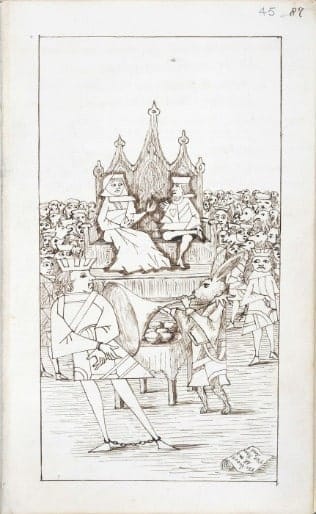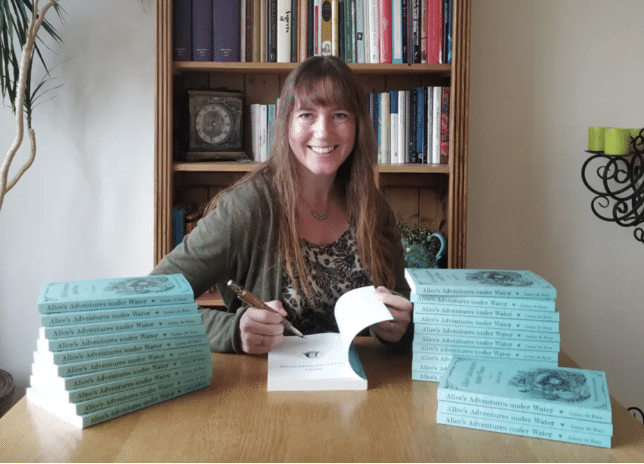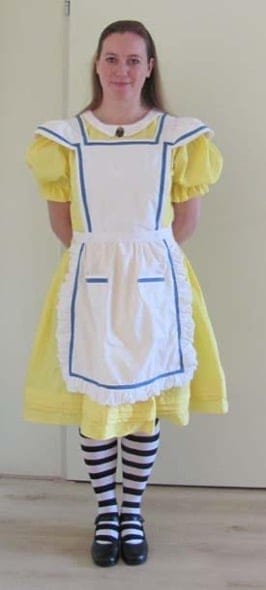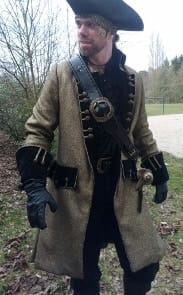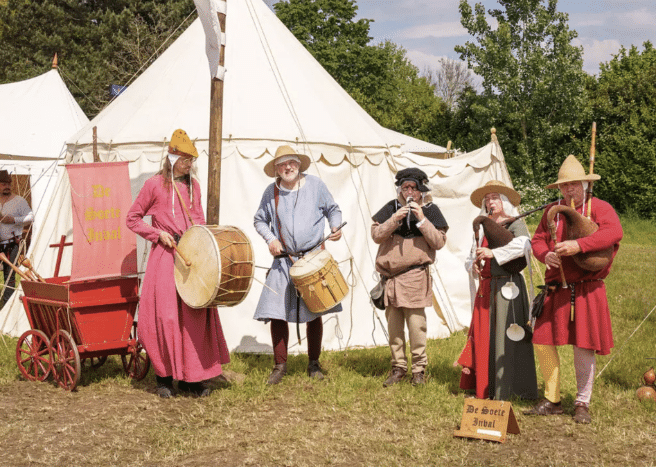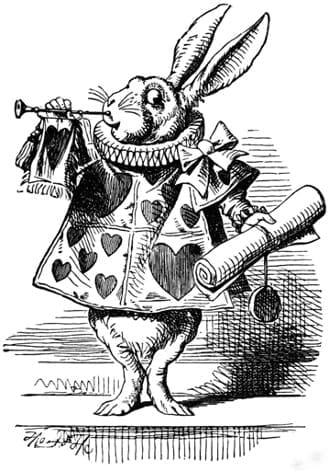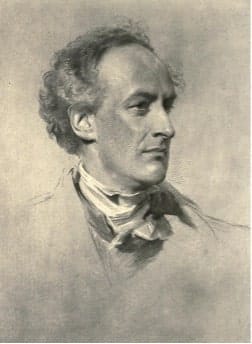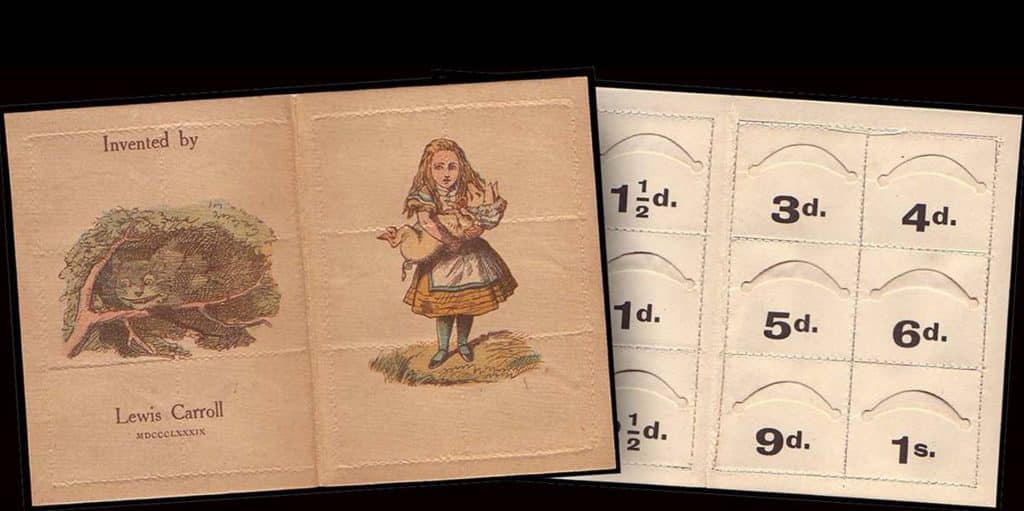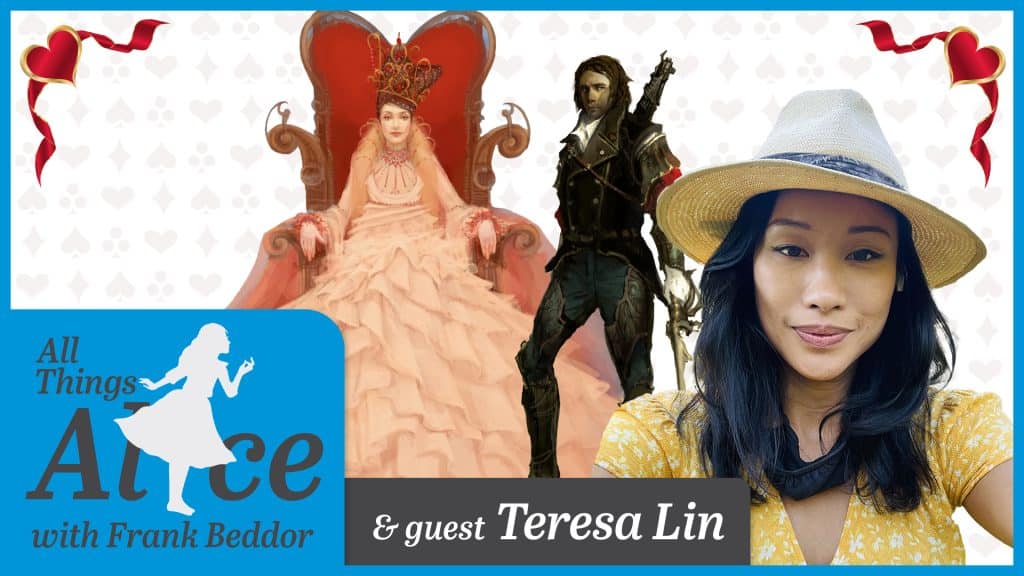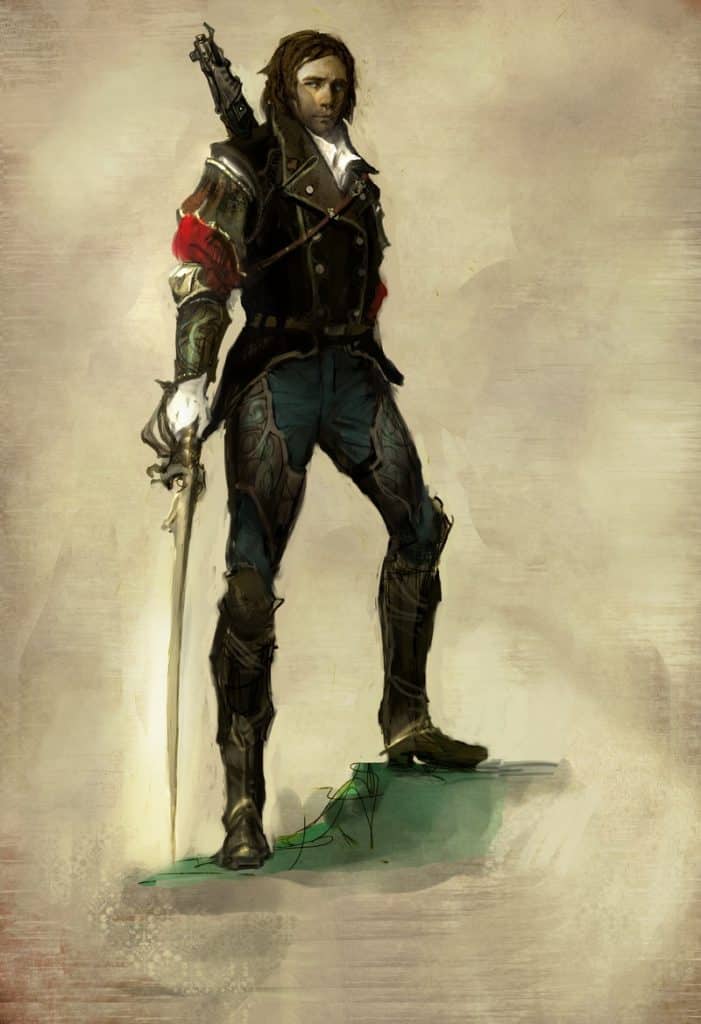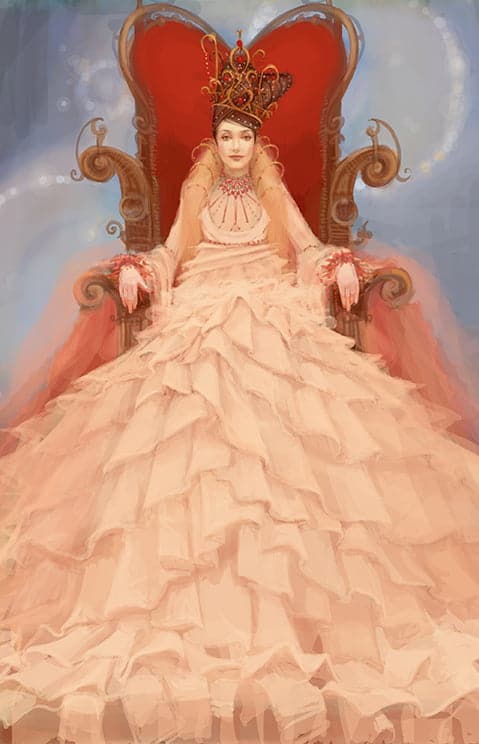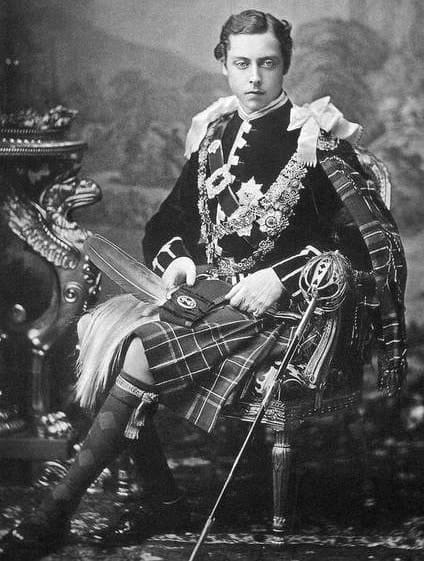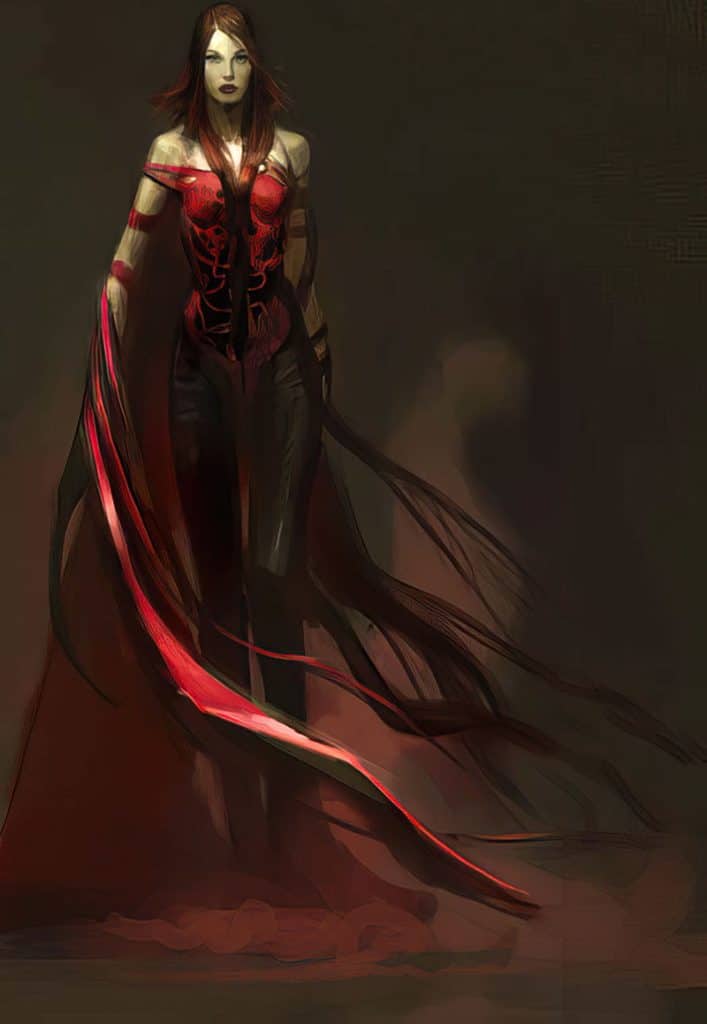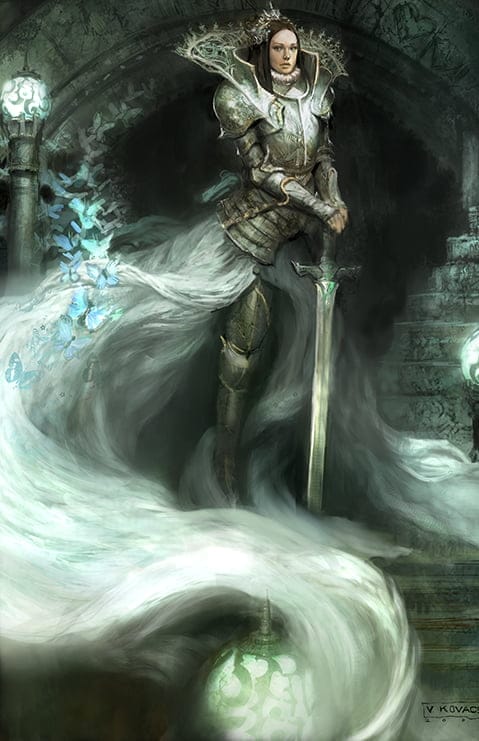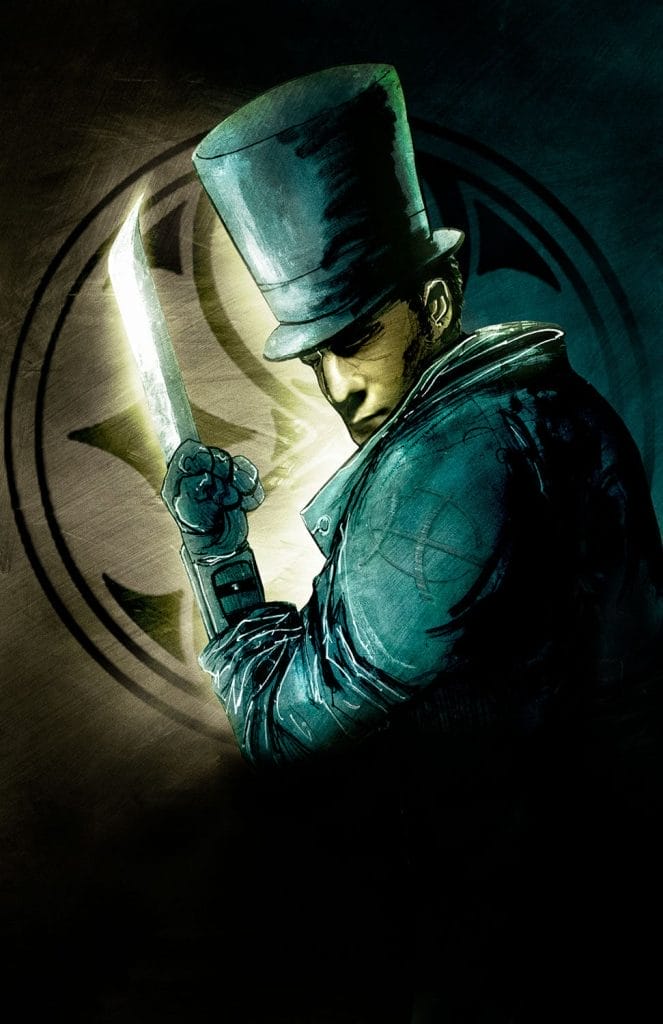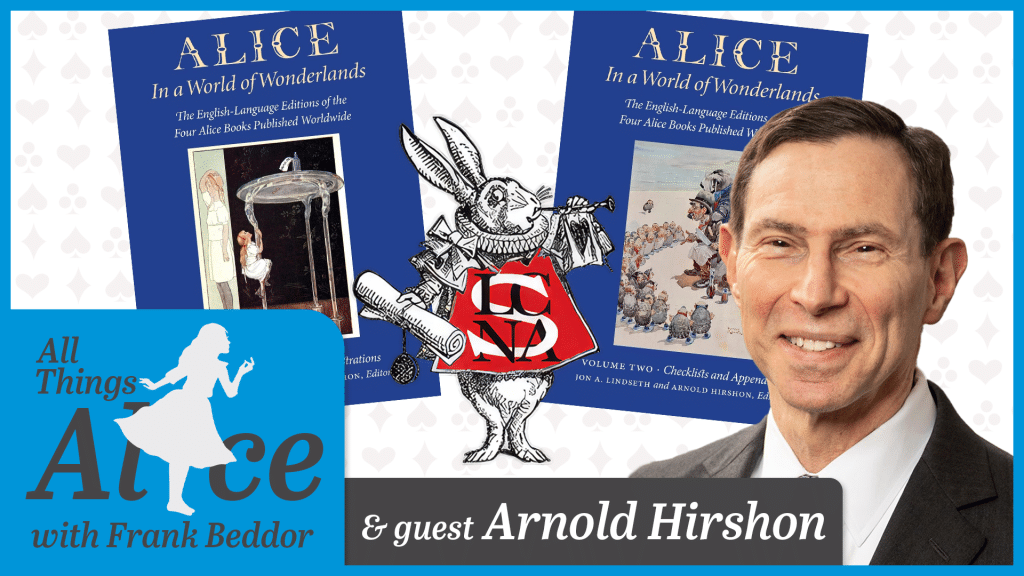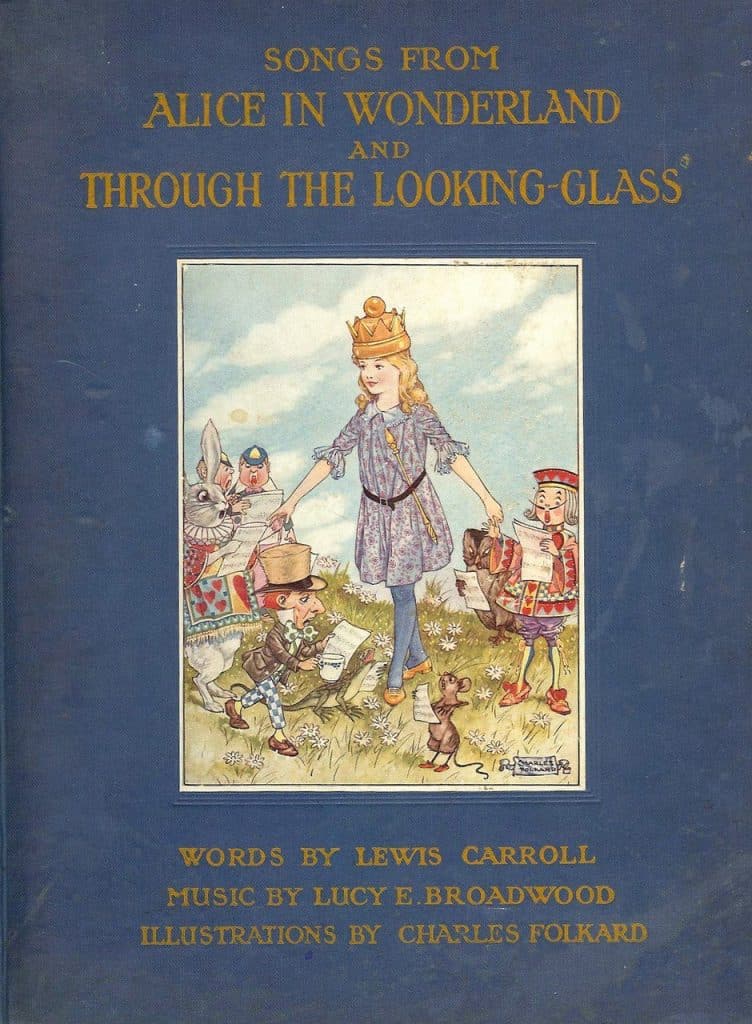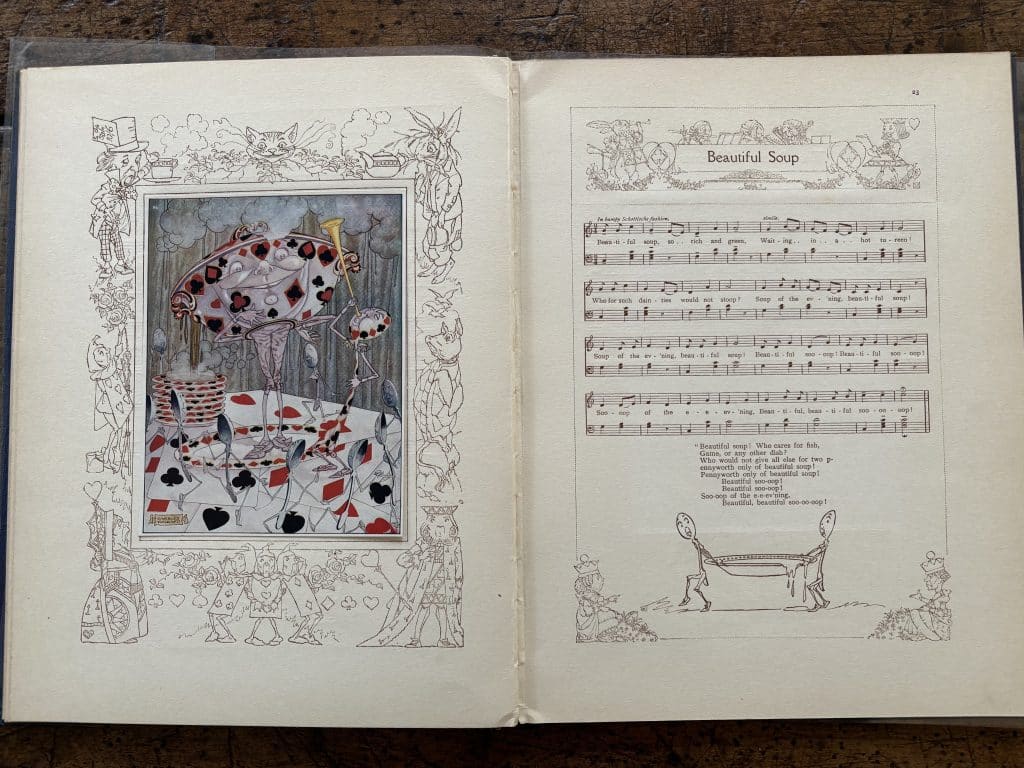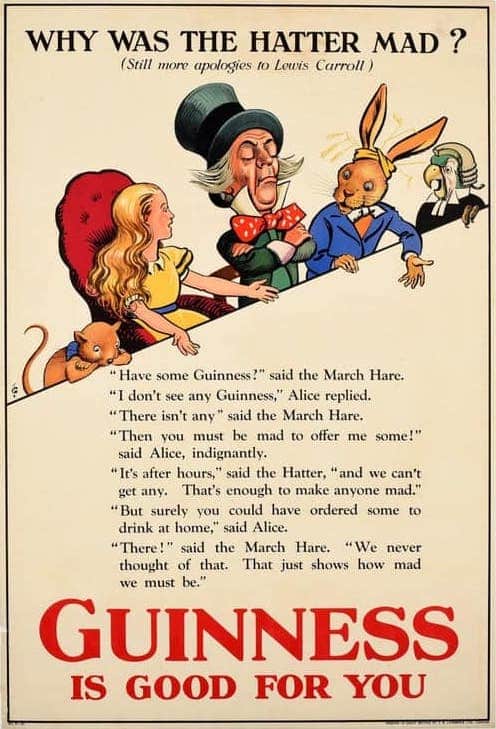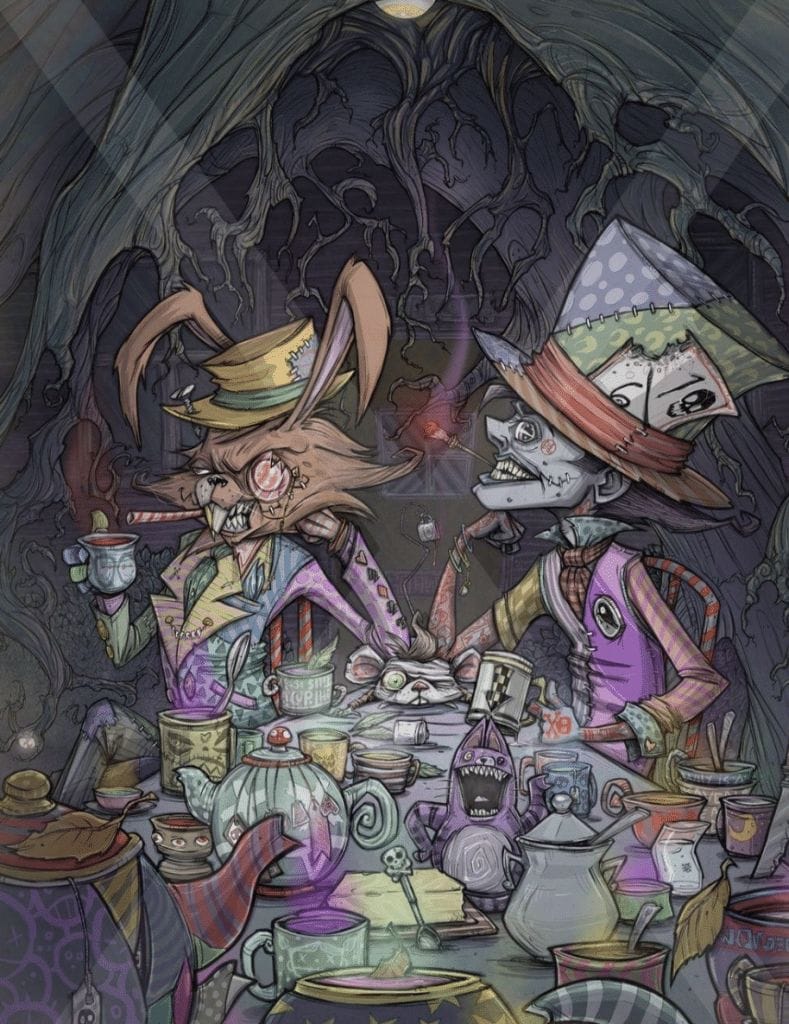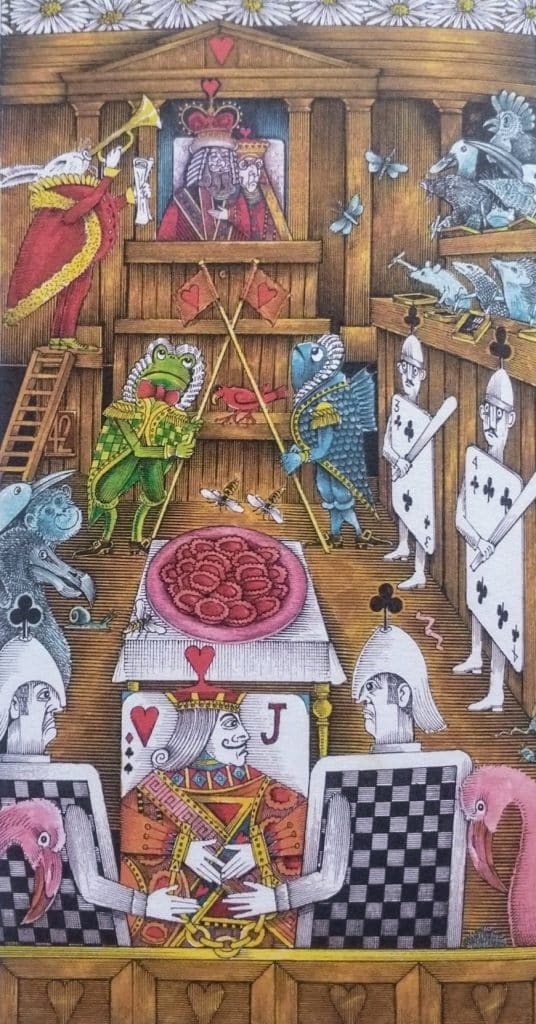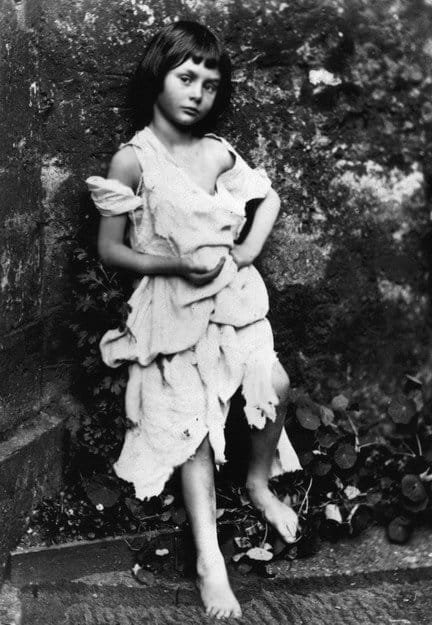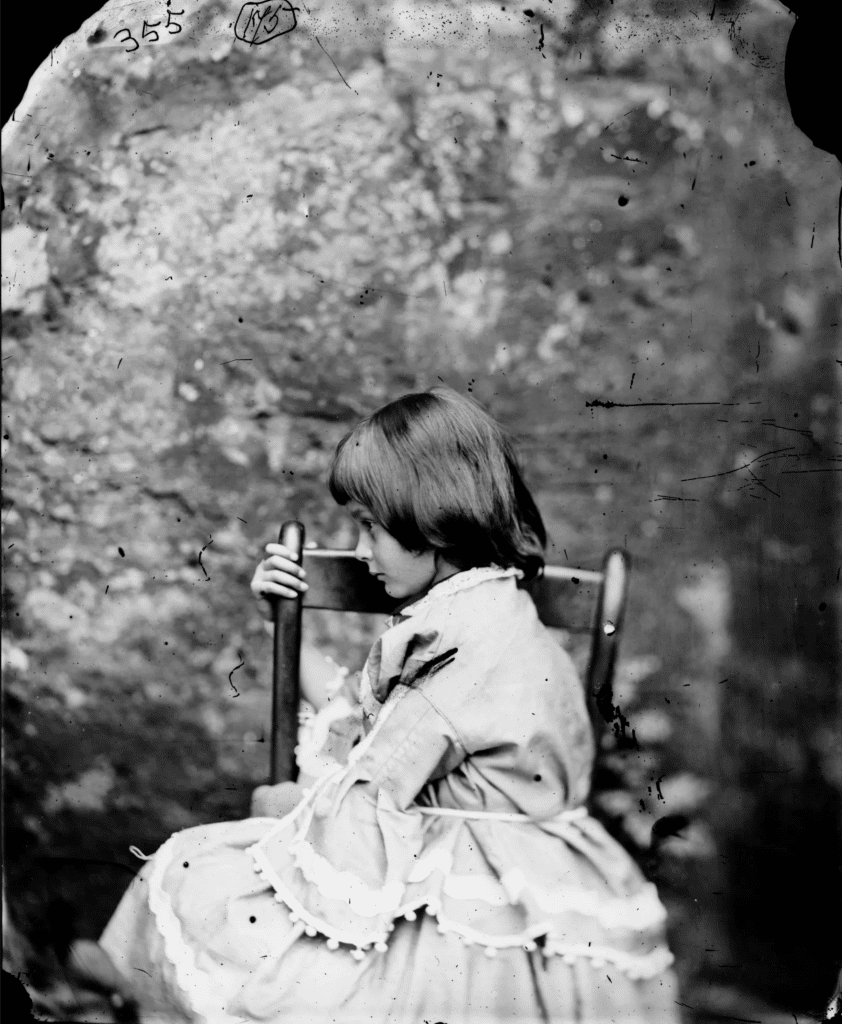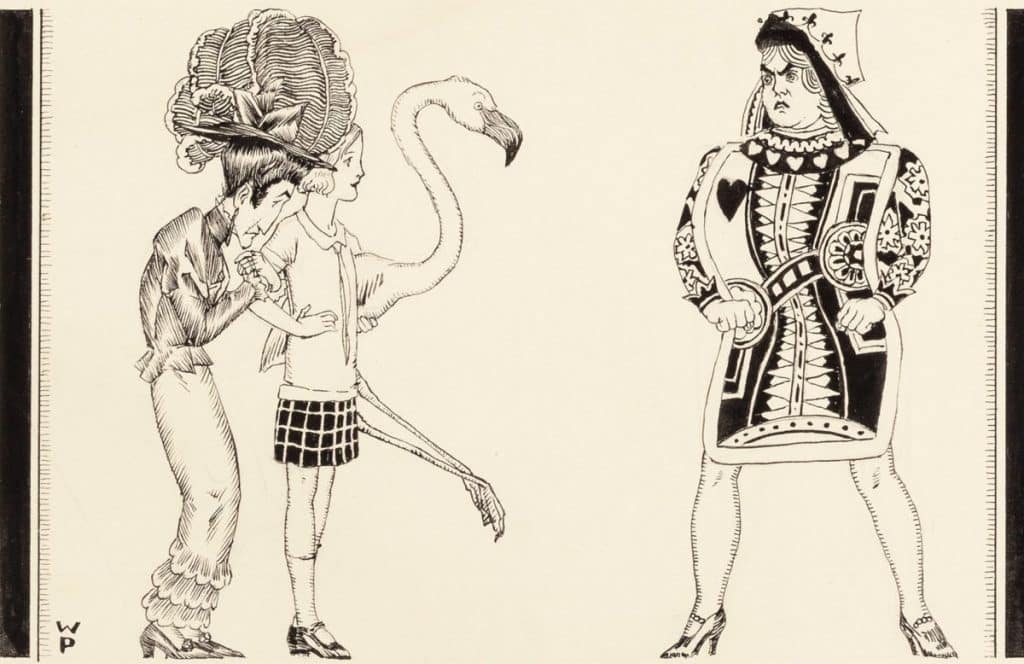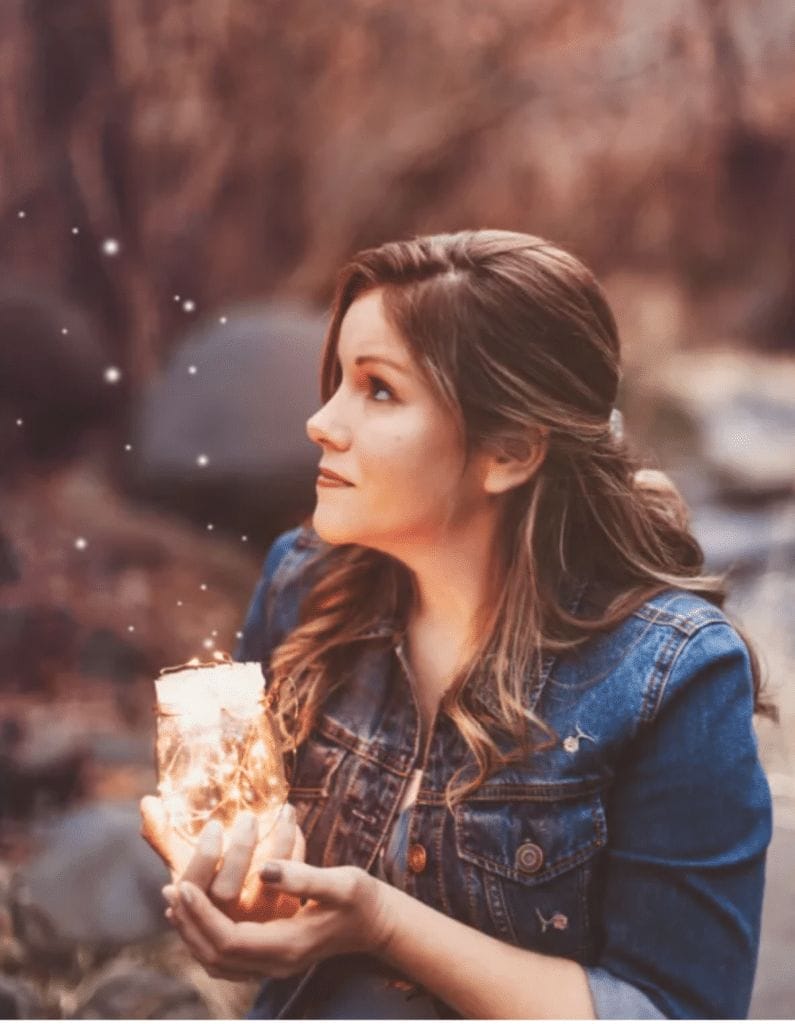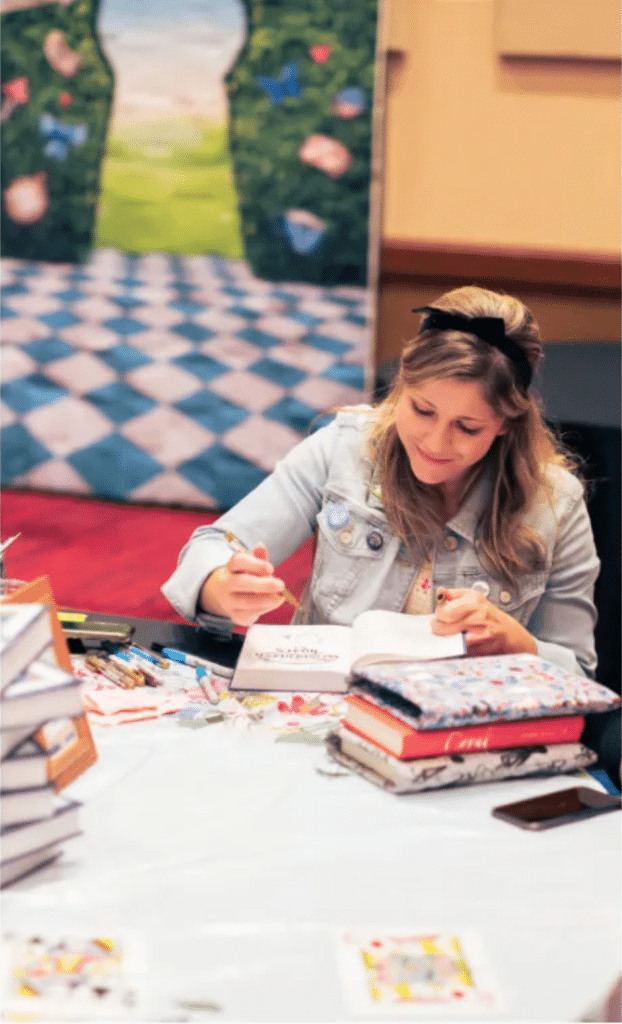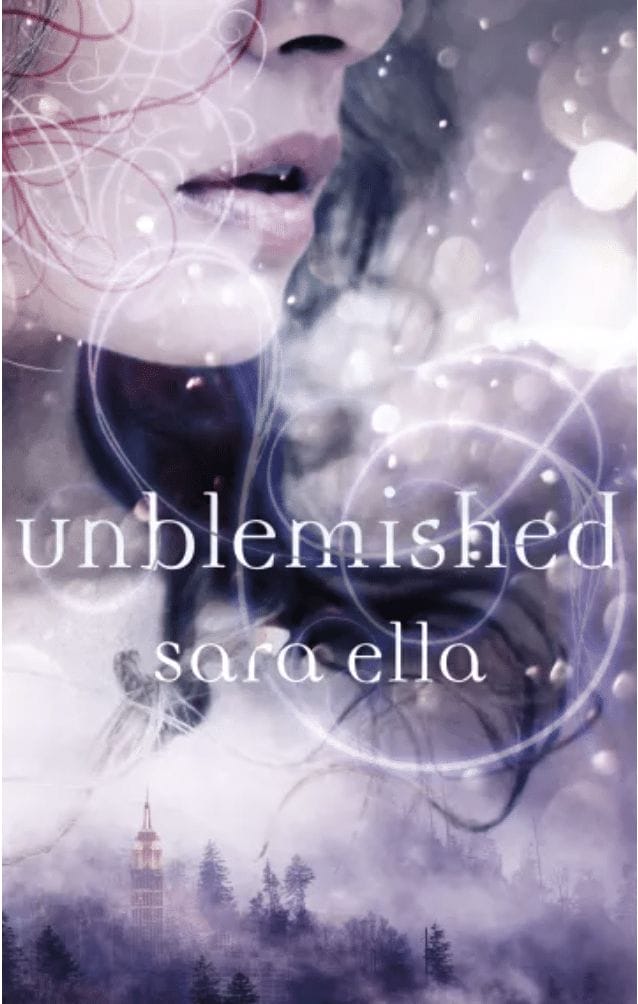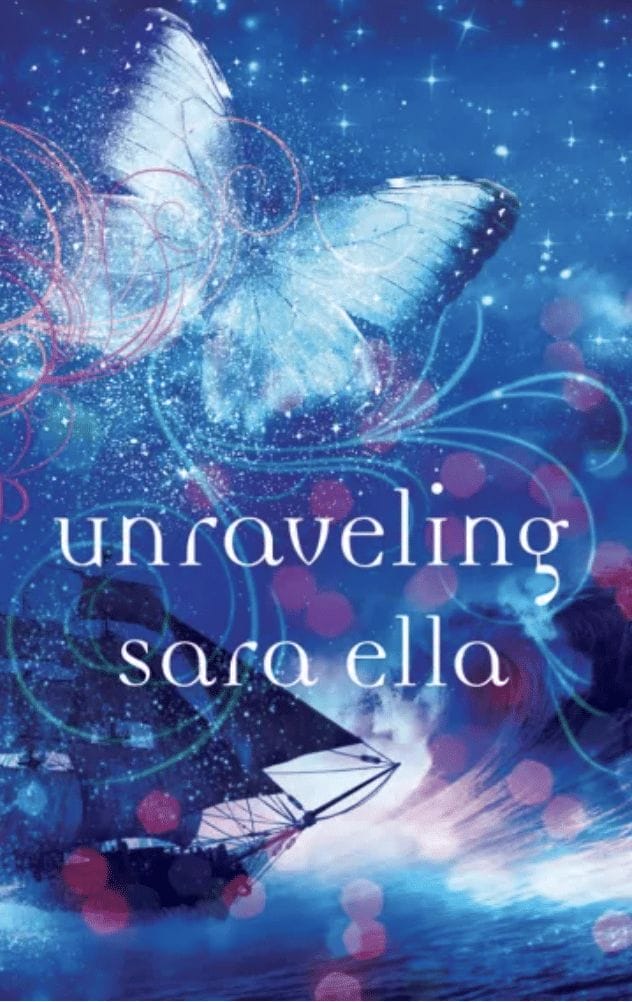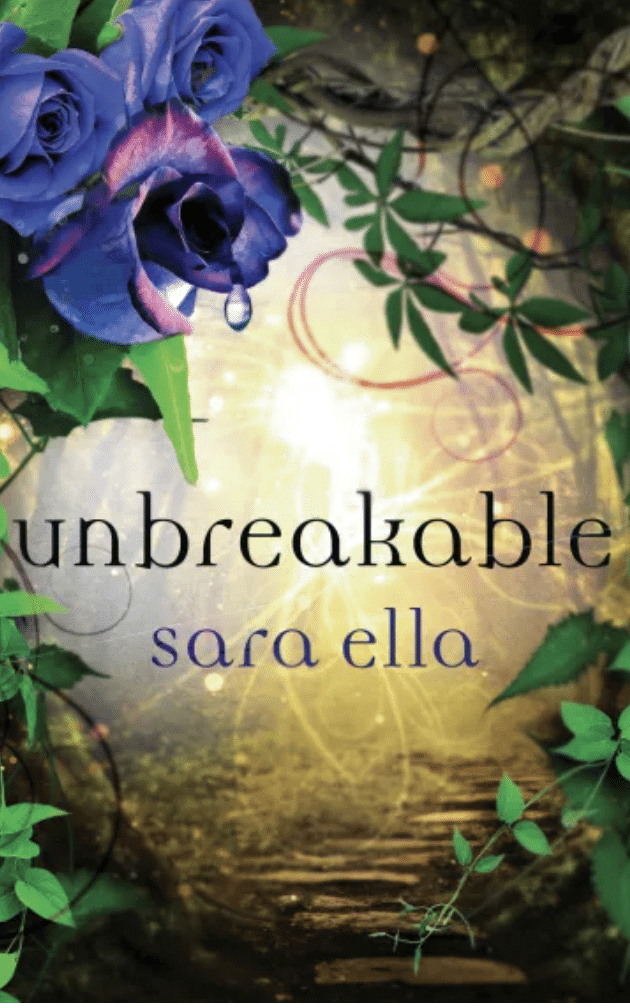All Things Alice: James Agee Interview
As an amateur scholar and die-hard enthusiast of everything to do with Alice in Wonderland, I have launched a podcast that takes on Alice’s everlasting influence on pop culture. As an author who draws on Lewis Carroll’s iconic masterpiece for my Looking Glass Wars universe, I’m well acquainted with the process of dipping into Wonderland for inspiration.
The journey has brought me into contact with a fantastic community of artists and creators from all walks of life—and this podcast will be the platform where we come together to answer the fascinating question: “What is it about Alice?”
For this episode, it was my great pleasure to have educator, writer, and artist James Agee join me as my guest! Read on to explore our conversation, and check out the whole series on your favorite podcasting platform to listen to the full interview.

Frank Beddor
A few weeks ago, somebody came on frankbeddor.com and wanted to buy every one of my books, 12 in all. So I asked my trusty producer Sarah who this person was, and it turns out they had read The Looking Glass Wars books 15 years earlier in high school, and now they wanted to have the entire collection. I said, “Sarah, I'm really curious about this person. Let's have them on the show.” So today, I have James Agee. He is not only a fan of The Looking Glass Wars but also an educator, writer, and artist. He works in technology and is a big reader of all things pop culture. He has a very diverse bio. It’s my pleasure to welcome James to the show.
James Agee
Good morning. I'm glad to be here.
FB
Since this is an Alice in Wonderland-centric, I'm going to ask you a straightforward question. When were you first introduced to Alice's Adventures in Wonderland, either through the book or through some piece of pop culture?
JA
I feel like I was always familiar with Alice's Adventures in Wonderland. From the time I was little, it was just one of those stories you hear over and over. But in terms of discovering The Looking Glass Wars, that happened when I was in high school. It took so long for me to find the books because, for years, I just was not interested in reading. I thought it had to be these prescribed readings from the school if I was going to read. Then, for whatever reason, I found out I could choose my own books. That's when I started loving reading because I could pick things I liked, and one of those was The Looking Glass Wars.
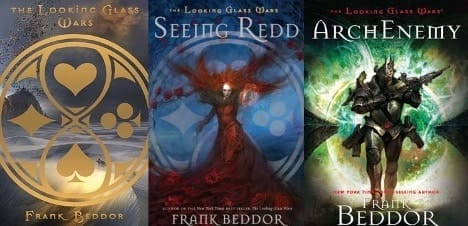
FB
Did your parents encourage you to read when you were younger, and then you got these assignments in elementary and middle school, and it was overwhelming?
JA
I never really disliked reading. My parents always read to me when I was little. But, once I started school, the majority of my time reading outside of class was reading something that had been assigned. Then, I got a Kindle for Christmas one year. That was when I started going through and finding all of these books that I had never given a chance to or even thought I would be able to get into. It started a lifelong passion for reading after that.
FB
That's a very good parenting story. For those of us who have kids, sometimes you push too hard. Something similar happened to me. I wasn't doing a lot of reading, and my mother and my grandmother really wanted me to read Alice in Wonderland, but I just wanted to go outside and play in the woods. It really wasn't until high school and after high school that I discovered my love of reading. I was not a fast reader. The assigned reading in school took a long time, so there was no chance I was going to be reading in my free time. I lived on a lake in the woods in Minnesota, so I wanted to be outside.
JA
I can definitely relate to that. I went to a smaller school in a rural area, and we had a school library, but it wasn't necessarily stocked with young adult literature. So I just didn't know it was there. But getting into reading happened when I felt like it needed to. At that point, I said, “I'd like to tell my own stories.” That’s what started me writing.
FB
Was there a genre you read that you loved that you started writing in?
JA
The first genre I fell in love with was fantasy fiction. There's so much of it, and I felt like it was this untapped world that I just didn't know existed. I'd always loved movies and television shows in that genre, so it was natural for me to gravitate towards those types of books.
FB
What kind of movies, TV shows, or books did you start with that led you to writing fantasy?
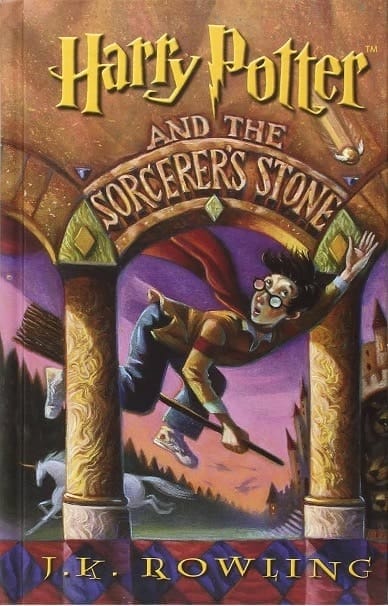
JA
Growing up, I was obsessed with the Harry Potter and Lord of the Rings series. I grew up with Harry Potter as they released the movies, so it was pretty neat. Ironically, I had never read books, so when I finally got around to reading them, I was like, “This is even better than the movies.”
FB
So, while watching the movies, you were the characters' age. How old were you when you started reading the books?
JA
I was pretty young when the movies started being released. I didn't actually get into the books until late high school, probably 11th or 12th grade. It just never occurred to me to sit down and read them because they looked so intimidating, the size of them. Now, the longer the book, the better. But at the time, it was one of those things that kept me from approaching them.
FB
It’s so funny you say that because I was the same way with high fantasy. Some of these books, like Game of Thrones, are like 1,000 pages. I’d look at these tomes and say, “Nope, I'm not taking that on.” But it was Game of Thrones that got me into reading high fantasy. I watched the TV show and was like, “Okay, I want to read the book.” In reading the book, I was stunned by how well laid out it was chapter to chapter and how it matched the TV show. I get the idea of coming to the book after the movie.
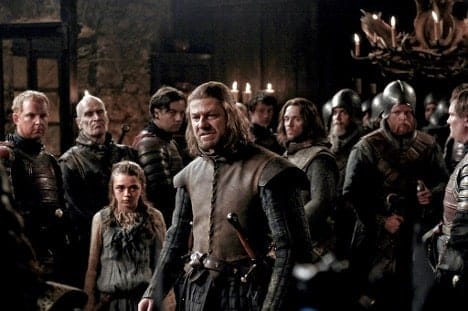
Matter of fact, with The Looking Glass Wars, Harry Potter had been out for a number of years, and a lot of kids were the age of the characters and watching the movies or reading the books as they were growing each and every year. From a publishing standpoint, that's what they were really looking for. So when I came with my book, they said, “Oh, well, your book has a seven-year-old; nobody wants to follow a seven-year-old. Then she's 13, but then she quickly turns 20. So, you won't get any of the Harry Potter kids. They all want to read their age.” I said, “Well, I think there are more readers out there. There's more diversity than that.” It took publishing it in the UK for it to be successful and come back to the States.
What about you when you're writing? Do you write adult characters, or have you written anything related to when you were in middle school? How do you like to come up with your characters?
JA
I've written characters all over the place in terms of age. Generally, I write what to read. I haven't gone into specific demographics. At the end of the day, I'm just happy to have these stories out there.
FB
You self-publish primarily on Amazon, correct?
JA
Primarily Amazon. My books are also available on Barnes & Noble and Books-A-Million.

FB
How's that been going?
JA
It's been going pretty good. The process isn't too crazy. I prefer to spend most of my resources in the writing phase. I've worked with some great editors to try and get the stories where they need to be. I've worked with smaller publishers in the past, and, at this point, I prefer self-publishing over the small publishers I have worked with because I feel like I have a lot more control over what I'm putting out.
FB
That's one of the great things about being a writer. You get to write what you want. You can have an editor work on it, but it's your final decision. If you can get the book out there in exactly the form you'd like it to be, then why not? If you could make a couple of bucks, it's even better, but it's not easy for anybody to make money publishing. So, the process of writing and the joy of creating and then sharing, and hopefully, somebody will read it and absorb the book in the same way you thought when you put the words down on the page. You get this back and forth and it’s really satisfying if you can connect with the reader.
JA
Absolutely. That's pretty much how I feel about it.
FB
You discovered The Looking Glass Wars on YouTube. How did that happen? Was there an ad? Was it one of my trailers?
JA
I believe it was actually when the whole BookTuber phase was starting. I had so many connections I had made through commenting on videos. I was reviewing a few books at the time on my channel and meeting people that way. The Looking Glass Wars was one of those books recommended by a YouTube connection. Once I saw the cover and some of the illustrations, I was immediately drawn to it. I think it was about the time that ArchEnemy came out. That was the first book I ever pre-ordered because I just couldn't wait for it.
FB
That's a very nice compliment. Do you recall what art you were attracted to? Was it the covers? You mentioned the cover for The Looking Glass Wars. That was Doug Chiang, who works on a lot of the Star Wars canon. You can probably see some similarities between the droids in The Phantom Menace and my Card Soldiers. But the publisher really liked that book, and it motivated a lot of boys to read. They were reluctant readers who would read The Looking Glass Wars because they wanted to see how the card soldiers would unfold.
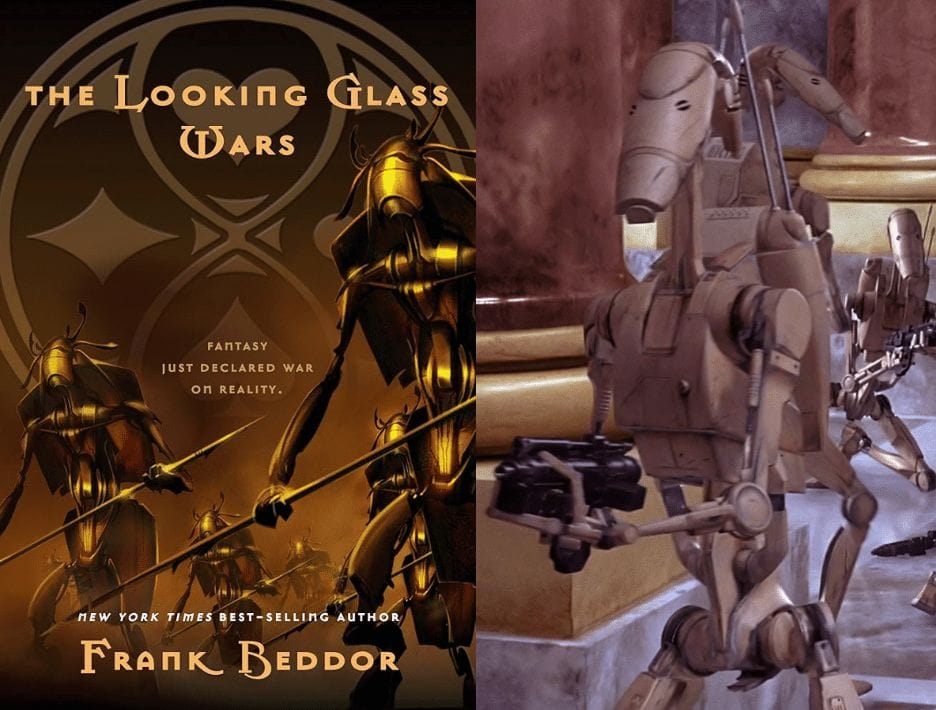
JA
That was part of it. Seeing that cover and just reading the synopsis, thinking, “How's this going to work? How will this tie in with the Alice in Wonderland that I'm familiar with?” I loved it because, pretty much from page one, you had taken something that I was familiar with and fleshed it out so much more. That was what hooked me from the start.
FB
It was fun to have a starting point with Alice's Adventures in Wonderland and then spinning everything. I took a lot of inspiration from Gregory Maguire and his Wicked series. Did you ever read those books?
JA
It has been on my list for years. I’m probably going to do the audiobooks because I’ve heard so many good things about them. That's another thing I just recently went through for the first time. I listened to the audiobooks of The Looking Glass Wars series. It was like reliving it but in a different way.
FB
Can you describe how experiencing the written word in an audio form impacted your experience? I'll just preface by saying that Gerard Doyle was so amazing. At times, I would say to myself, “I don't think I wrote that line. I wonder if he changed it.” I said, “Wow, this is so much better as an audiobook because of Doyle's voice.”
JA
When I initially read the books, I had imagined things one way in my mind. Then, when I was listening to the audiobook, it wasn't necessarily that it changed, but I was able to sit back and relax a little bit more. He does the voices of the characters and everything so well that you don't have to question who's talking or what's going on because it brings it to life in a completely different way. I would encourage anyone who's read the books also listen to the audiobook because it is a different experience. Same story, different experience.
FB
You also bought several Hatter M graphic novels. Have you been a fan of comics in the past? Or did you just want to complete the Hatter story?
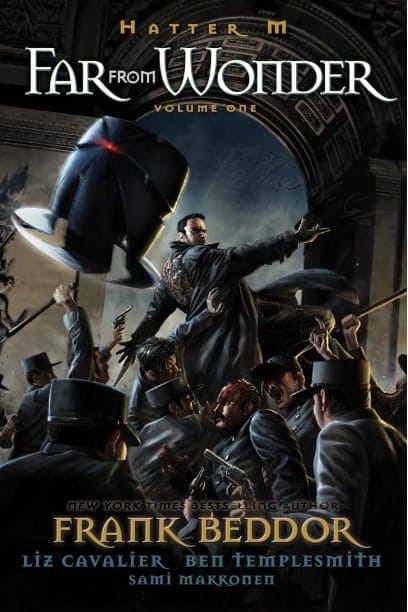
JA
I was actually a pretty big fan of manga a while back. I had read some graphic novels but was more towards the manga side of things. I didn't know Hatter’s side of the story even existed, but when I found out about them, it was definitely something I wanted to add to my collection. I wanted to know more about these characters. I love the fact that there's such a focus on Hatter because he's one of the characters in the original series that just kept me reading. The Cat was another one. I just love that concept because it's such a mischievous character to begin with. I just wanted to know more about what's going on in this world. Because the story of the trilogy is technically finished but there's so much left in this world to explore. I'm glad you're going back and doing that.
FB
I am currently expanding the world. But the Hatter M graphic novels were inspired when I was in the UK promoting the book. I was at a school, and there were probably 100 kids, and one kid kept putting his hand up. Finally, I called on him, and he said, “Mr. Beddor, I'm very, very upset that you have not finished your first book.” I said, “I don't understand. What are you talking about?” He goes, “In your novel, you synopsize what happened to Hatter during his 13 years on Earth, and that was terribly frustrating because he's my favorite character. I really would like to know what happened during those 13 years.” This is a 10-year-old. I laughed it off, but I started thinking about it on the plane home. I thought, “I wonder if I could do a comic book filling in those 13 years?”
I wish I had the boy's name because I would have given him all the books for free and thanked him. I had a great time doing what now is six graphic novels in the Hatter story. It was fun to fill out what it was like for him in our world.
I'm really curious about your experience in teaching. I found doing school events and having the littlest impact really fulfilling. My favorite comment was hearing a kid say, “I read your book because you were a really fun speaker.” When you teach, how do you approach engaging the students so they can follow and absorb the lesson you want to communicate?
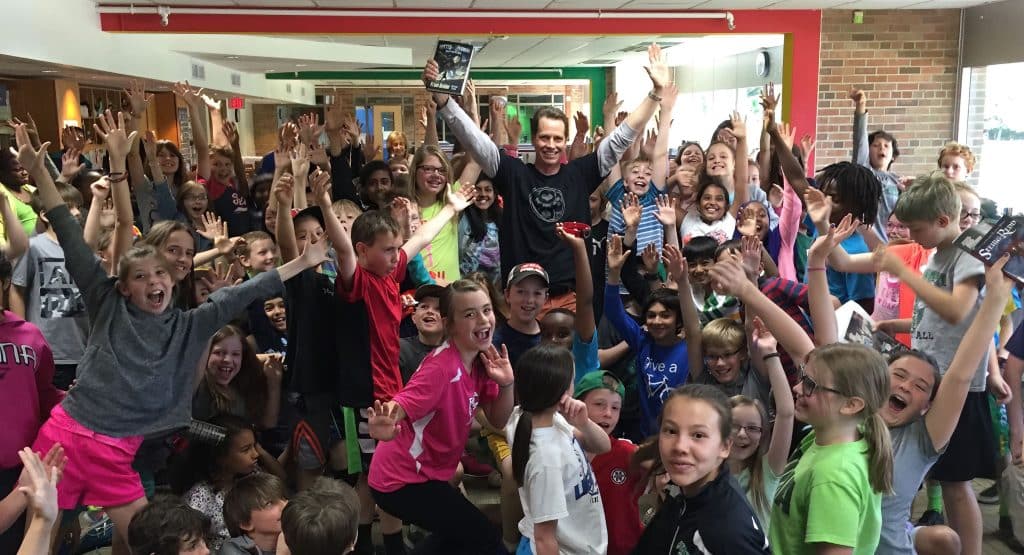
JA
Keeping the student's interest is one of the most difficult things for every educator, especially when you have some classes that last hours at a time. At the school where I teach, I have students for half a day, and then the next group comes in for half a day. So keeping their interest for that long of a period can be difficult. But I've personally found that every group that I've ever taught is different. You have to take an individualized approach for that group to see what's interesting to them and what matters to them. The fact you've made your story so relatable is why students have such an easy time listening because there is something in the stories that they can relate to and connect with.
FB
You don't have to entertain them the whole time, but you have to amuse them at least or make a connection so they can relate and understand why they should lean in a little bit. It's really a satisfying profession. Having done school visits, I thought, “Okay, I understand why teachers are teachers.” At the same time, as a country, we don't value teachers and how important and difficult it is to connect.
JA
Absolutely. I'm currently teaching graphic design, which I've been teaching for the past year.
The students tend to already be interested in it and have a drive to participate when they get there. The difficult part is keeping it throughout the year. I've freelanced in graphic design for years, so getting the opportunity to teach it to a group of high school students is fantastic.
FB
You also teach at Marshall University, correct?
JA
I teach part-time at Marshall University, and I also teach graphic design to high school students. For Marshall University, I teach instructional design to educators looking to get their graduate degrees. It’s a different approach to the design side of things, combining the instruction with the design, which I absolutely love and think is really fun.
FB
You have a lot of right brain and left brain because you're a writer and very creative, but you're also heavy on the tech side. How did your parents prepare you growing up? I say this because I have an 18-year-old going off to college. I'm curious, from your experience, how your parents positioned what the world's like.
JA
From about middle school, I decided I liked school enough to make this my career. I wanted to be on the other side of the desk teaching. I always had a bunch of other ideas for businesses and stories. Things would come up, and I would really want to do them. My parents supported me in whatever I wanted to attempt, whether they worked out or not.

FB
Not everybody is inclined to stick their toe in and publish a book on Amazon or even start writing a book, let alone self-publishing and going out to indies. Also, having a really clear idea that you wanted to be an educator but then expanding and doing things that speak to you. I love that message for young people. I love the idea that, especially in your 20s, you should do everything you want to do. Whether you make money or fail or are super successful, push it because once you're a little bit older, you're gonna probably define where you put all of your energy, and especially if you have a family, then time is really precious.
JA
I've noticed that a little bit more as I'm officially in my 30s. I have to allocate time a lot more specifically than I used to. Previously, I could do whatever I wanted when I came home from work—write, draw, or just relax. Now, I have to have a plan set out to manage time because things have gotten more and more busy over the years.
FB
Do you do any of the illustrations for your books?
JA
It's been a while since I did any illustrating for my books, but I design almost all of the covers exclusively. That's a really fun part because I feel like I know the stories pretty well, having written them. Getting to have that extra form of expression is something I always look forward to after I finish a book.
FB
I need you to pick one book and give our audience the elevator pitch for the book, and then we will feature it.

JA
One of the books I spent the most time on is Dead of Night. It's the first book of a series I wrote called The Blood Curse Chronicles. I spent the most time on it because I wrote the book and then completely rewrote it. When I was working with the editor, it was such a process of going back and fixing every little thing we just got together, and we were like, “Should I just rewrite this whole thing?”
FB
I know that story.
JA
I spent the most time on that one, so I probably have the biggest connection with it. But it's the story of this family of vampires who live in a small Virginia town and own a funeral home. That’s their way of managing being vampires and getting the resources they need while providing a service to their community and fitting in. But the kids of this family find out that there is a way to break this curse that made them vampires. The whole series is about discovering how to break the curse and return to being human or just ending their eternal lives.
FB
I like that. That's a very high concept. Very clean. You should go to Comic-Cons because I think people would respond to that. How many books are in that series?
JA
There are four books. I would love to expand on that a little bit more, but I've never sat down and had a story that I felt was worth adding to it. Until that day comes, there are the four books.
FB
You also like to work in multiple genres. What would be on the opposite side of a vampire story in terms of something you've written?
JA
I wrote a memoir, I Once Knew Everything, about my life growing up. It was more of an exercise in putting my thoughts and memories on paper because I've found that the older I get, those little moments I like to reflect on aren’t as vivid as they used to be. I wrote that book more for myself than anything. It was a totally different experience than writing a story about vampires.
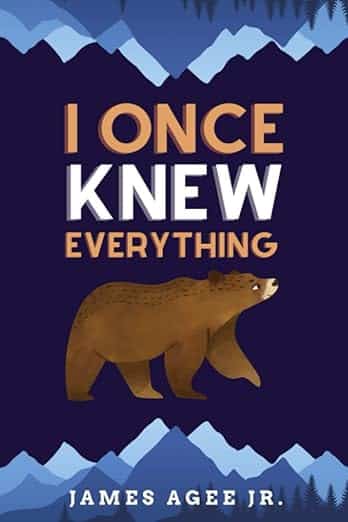
FB
What were the challenges of doing that? Did you feel like you were tapping into a memory or an idea of a memory?
JA
That was the challenge. I wanted to make sure it was as accurate as possible. How do you do that? How do you make it exactly like you experienced? I struggled more with writing that than any of the fiction books that I've ever written, simply because I wanted it to be as accurate as possible. But I also knew that, to an extent, it’s not even possible to have something be one hundred percent accurate to the events. We all experience things differently. We all remember things differently.
FB
It’s very subjective, as well. How many books do you have available on Amazon?
JA
There are currently 30 total. I was trying to do one to two per year for a while. A lot of that came from when I was working with a smaller publisher. They had more of a strict writing schedule. They wanted me to write as soon as I finished a book. They were like, “What's the next one?” Now, I'm lucky to write a book every two years but I enjoy the process a little bit more. There's no specific timeline for me to follow. It's finished when I'm done writing it.
FB
What are you reading right now? Do you have anything interesting you're really into?
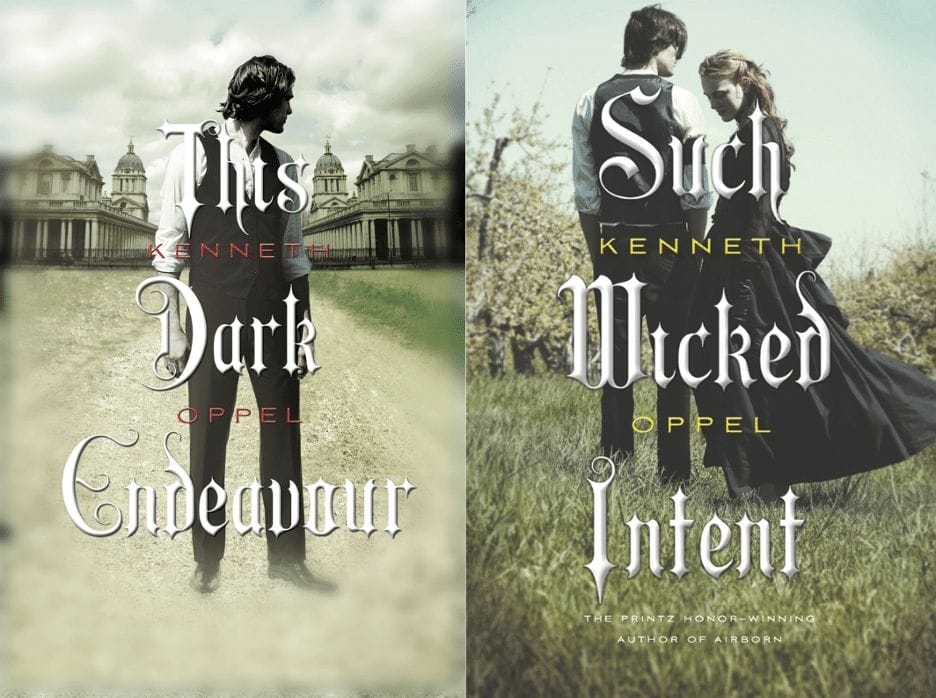
JA
After I finished revisiting The Looking Glass Wars on audiobook, I thought, “What other stories that I really enjoyed from that time period are now available on audio that I'd like to go back to?” I'm currently listening to This Dark Endeavor and Such Wicked Intent by Kenneth Oppel. That’s another one of those series I love because it tells the story of Victor Frankenstein from a completely different perspective. It fleshed out the story more and gave more information, which is part of what drew me to The Looking Glass Wars. So I'm really enjoying going back and reliving a lot of those stories.
FB
If you were a character from The Looking Glass Wars, who would you be and why?
JA
That's such a tough question. I feel like I would relate to Homburg Molly the most. There was so much confusion with this character, but they wanted so much to be a part of this amazing story. You wonder for so long how she fits into this story, and then when she finally does, it all makes sense. I relate to her character so much because she's so in love with this world herself and wants to be a part of protecting the Queen that she's really willing to do whatever it takes. I love that about her.
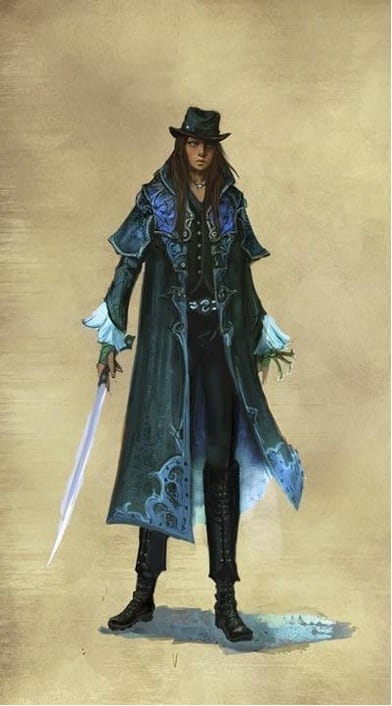
FB
That's great. Molly wants to be the hero, but she doesn't exactly fit in and doesn't know her father or mother. She has to come to terms with a little bit of the “Who am I?”. Then, when she finds out that Hatter’s her father, she's got to live up to that, which is a lot for her. So, you like to be the underdog?
JA
Ideally, I would say Hatter, but realistically, I think it would be more Molly.
FB
That's all of our fantasies. Could we really be a hero and a little bit flawed?
What was this trip you took with your students to France?
JA
I’ve always loved France in general. It was my fourth time visiting, and it's something I offer to students locally. We live in a rural area, and I love offering them international trips, which I do about every two years. Also, I just love to travel in general. In about a week, I'm going to Ireland for a while and then to Italy for the first time. But this past time, being in France, when we went to Montmartre, I was thinking back to The Looking Glass Wars. There are so many real-world connections in those books that I had forgotten about from my first time reading them. I was actually thinking about The Looking Glass Wars when I was there because it's such a vivid part of the story. Having been there and seeing these things in person makes it so much more relatable.
FB
I wish you were a doppelganger who could keep splitting and multiplying because you've said so many kind things and mentioned The Looking Glass Wars as being part of all different of aspects of your life. Your life seems incredibly rich with your travel, your teaching, your writing, your tech work, and your art. You seem to have a very full and diverse take on the world. It’s been a real pleasure chatting with you. Thank you for supporting and sharing The Looking Glass Wars, which has been my life's work. I started the first book in 2000, so I'm coming up on 25 years of working in this world. I’m still looking to expand and fill in some of the blanks, and chatting with you is great motivation.
JA
Thank you for writing these books because if it wasn't for authors like you, I don't know that I would have ever decided to write my own stories. I definitely wouldn't have jumped into reading like I did.
FB
I'm going to check out this vampire story. It sounds like a very fun idea and also sounds like it could be a good TV show. James, enjoy the rest of your summer. Thank you, really appreciate it.
JA
Thank you again.
For the latest updates & news about All Things Alice, please read our blog and subscribe to our podcast!
